26 & 27 May 2027 | Jaarbeurs Utrecht
Program
Future Facade presented a dynamic program filled with sessions, innovations, and use cases. Below you can find an overview of the full program, designed to inspire and inform professionals.
09:30
The Future of Architecture | by Christian Bergmann, Founder and Principal Architect of CBA
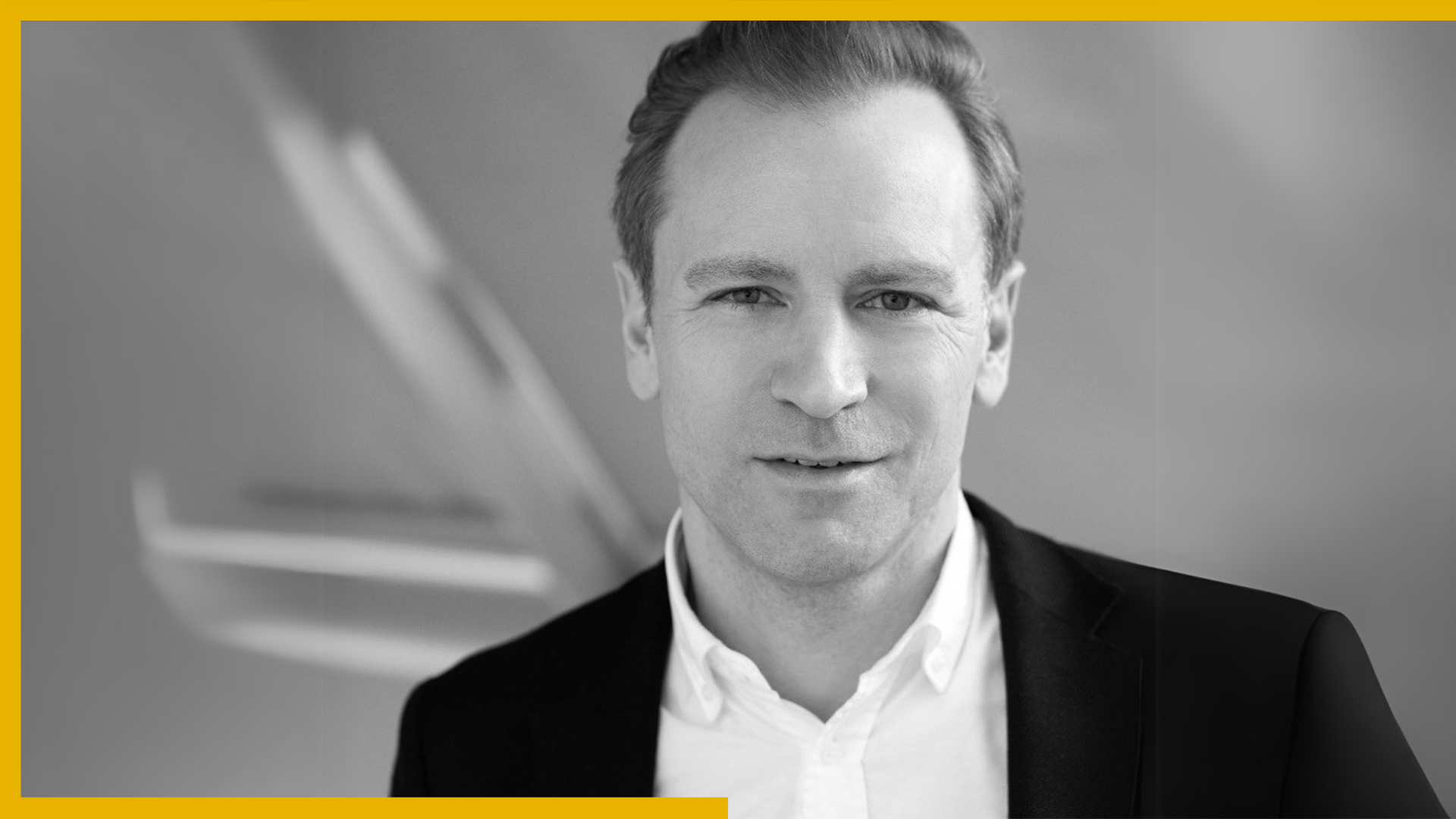
The Future of Architecture | by Christian Bergmann, Founder and Principal Architect of CBA
Speaker: Christian Bergmann
In this keynote lecture, Dr. Christian Bergmann (Founder and Principal Architect of CBA) will share his vision for the future of architecture. With his newly founded firm CBA he is developing a platform to embrace the disruptions of rapid digitalization and the urgency of a systemic approach to sustainability – always with a clear focus on creating architecture that enriches our everyday lives. How can the built environment finally become more innovative? How can architecture become future-proof? And does it really have to be? Christian will share how a radical shift from designing projects to designing processes is key in developing a strategy for the future of construction.
About Christian Bergmann
Dr. Christian Bergmann is the Founder and Principal Prchitect of CBA. Prior to that, he was a Partner and Head of Architecture at Hadi Teherani Architects in Hamburg. Over more than a decade, he was responsible for the design and implementation of numerous complex, mixed-use projects, including the Deutschlandhaus Hamburg, the Flare of Frankfurt, the Volksbankareal Freiburg, and the Innovationsbogen Augsburg.
Before, he was a project manager at Werner Sobek in Stuttgart and UNStudio in Amsterdam. As an associate to Professor Werner Sobek, he researched and taught at the Institute for Lightweight Structures and Conceptual Design (ILEK) at the University of Stuttgart. His doctorate, completed in 2013, presents a strategy that holistically enables the development of innovation-promoting and sustainable processes in design and construction. He studied architecture at ETH Zurich and the University of Stuttgart, where he received his diploma in 2006. Over the course of his career, his work has been recognized with prestigious architecture and design awards. He lectures internationally and regularly serves as a jury member and guest critic. Dr. Christian Bergmann is the author of the book “Designing Processes – A Strategy for the Future of Construction”, published in 2019 by Birkhäuser Verlag, Basel. In 2023, he was appointed to the Association of German Architects (BDA) in Hamburg.
Dynamic Facades – Adapting to the future | by Lucio Blandini Werner Sobek and Professor / director ILEK – University of Stuttgart
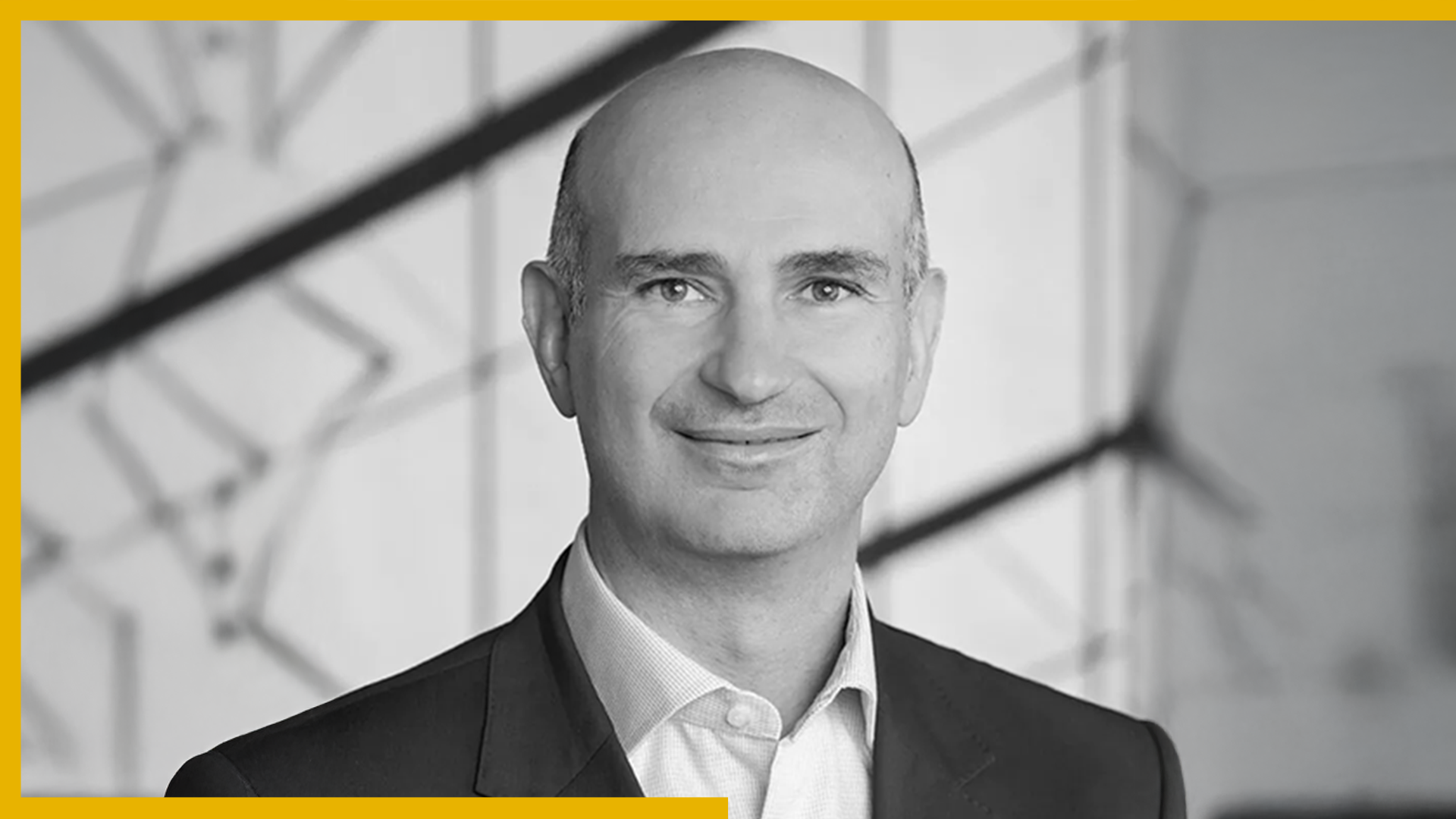
Dynamic Facades – Adapting to the future | by Lucio Blandini Werner Sobek and Professor / director ILEK – University of Stuttgart
Speaker: Lucio Blandini, Partner – Werner Sobek and Professor / director ILEK – University of Stuttgart
During this keynote lecture, Lucio Blandini, Partner at Werner Sobek and head of the Institute for Lightweight Structures and Conceptual Design (ILEK), will focus on the developments of adaptive facade elements that are currently being tested for future use. Our needs and wishes in society are constantly changing, and therefore the requirements for our build environment are changing as well. The design of our future facades should be more and more adaptive to this changing needs!
10:00
Intro general Schüco innovations | by Joep Römgens, Head of Service, Marketing and Product Management Schüco Benelux
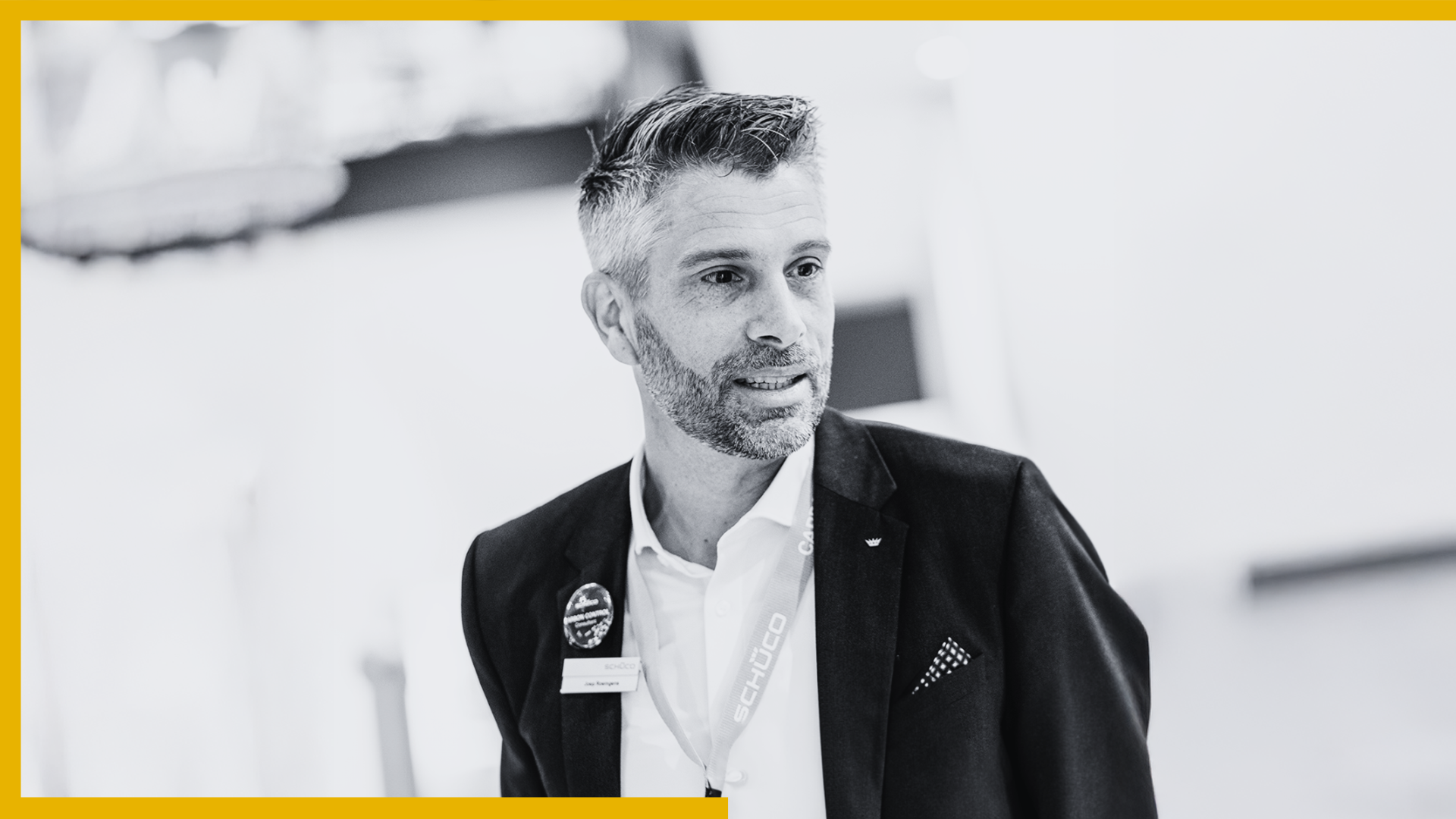
Intro general Schüco innovations | by Joep Römgens, Head of Service, Marketing and Product Management Schüco Benelux
By Joep Römgens, Head of Service, Marketing and Product Management Schüco Benelux
About Joep Römgens.
Nearly 10 years ago Joep joined Schüco International, one of the leading international suppliers of high-quality window, door and façade systems. With a master´s degree in Architecture and nearly 20 years experience in the construction industry Joep is now leading the Schüco Benelux Team for Service-, Product- and Marketing-Management.
Joep leads his team with ´customer centricity´ as their main driver across Service-, Product-, and Marketing- Management. Every aspect of daily business prioritizes the customer, ensuring that market feedback is key in their approach. Joep’s team is committed to developing market-oriented solutions, maintaining their position as innovation leaders, and consistently delivering high-quality, service-oriented products and services.
Joep has a passion for sustainability and firmly believes that it is time to take responsibility in combating global warming. He is thrilled to find the same sense of urgency with his employer, Schüco, where environmental responsibility is deeply integrated into their corporate ethos.
Closed program Schüco
Closed program Schüco
10:20
More than recycling | Material optimasation for the next era of sustainable facade by Andrea Pilla
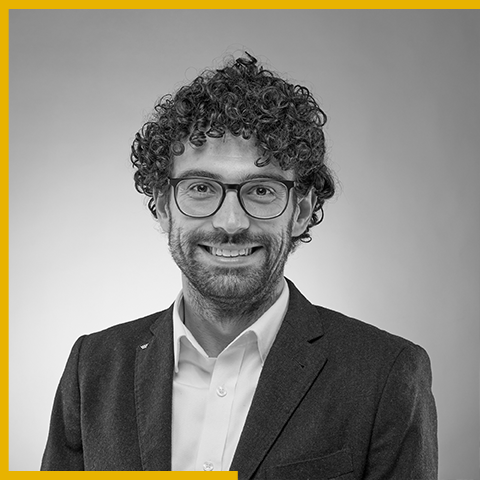
More than recycling | Material optimasation for the next era of sustainable facade by Andrea Pilla
Speaker: Andrea Pilla – Senior Façade Structural Engineer Schüco UK Limited
10:30
Educational Insights 1 – ‘Beyond Graduation pioneers and innovators’ | by Lisa Rammig, Eckersley O’Callaghan
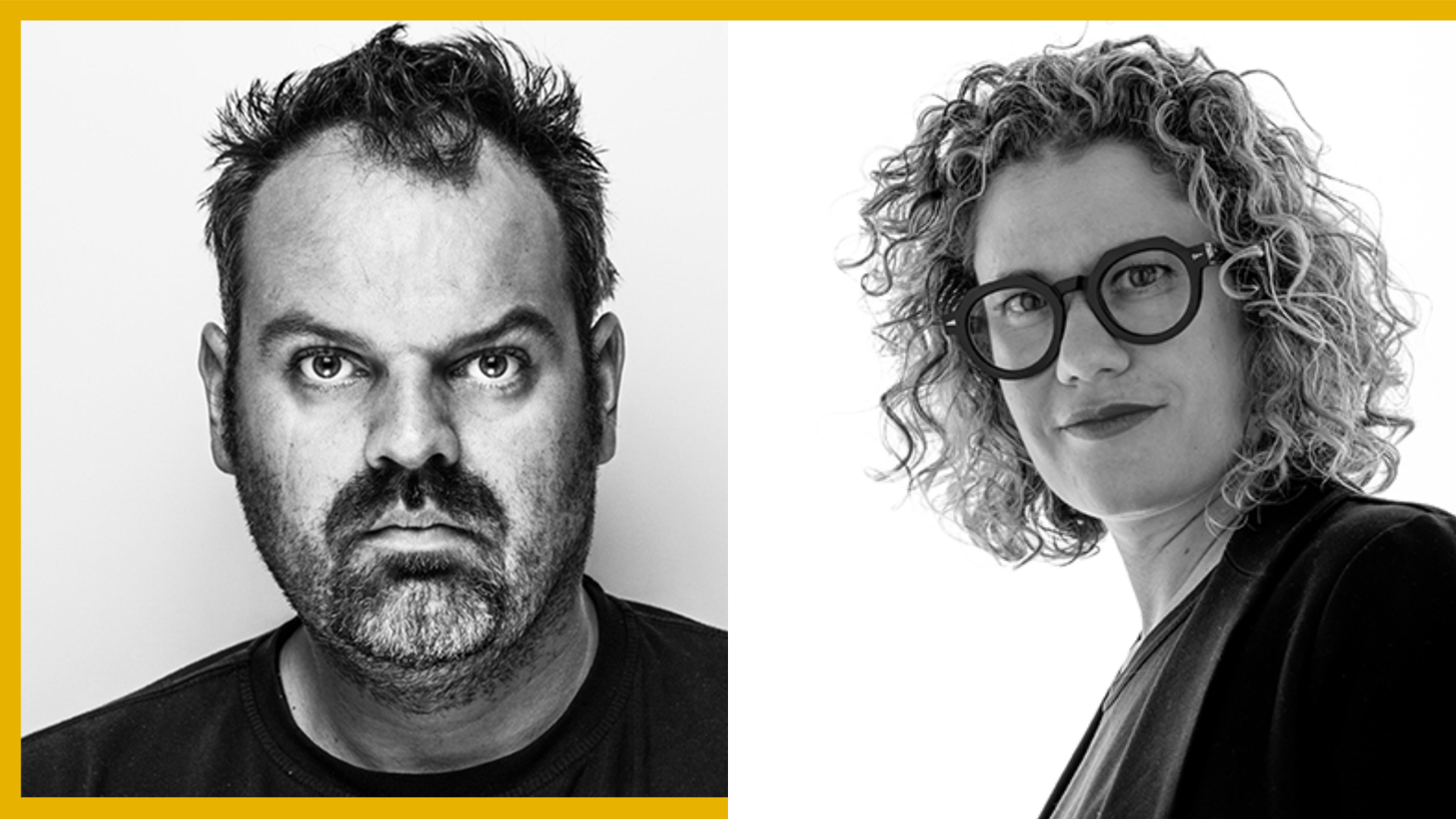
Educational Insights 1 – ‘Beyond Graduation pioneers and innovators’ | by Lisa Rammig, Eckersley O’Callaghan
Moderator: Marcel Bilow
Educational masterminds, former top students who eventually beated their grandmasters and have grown into serious positions in the design and engineering industry, will share their knowledge on stage on how to shape future proof facades. In Europe, the educational programs we offer our future architects and facade experts are well known, high level and an inspiration for everybody. But what can we learn from former students who are actually running the business nowadays?
How can we make sure that the knowledge of today is transferred into the brains of the talented future architects? And how does this effect the way we design and shape facades in the next 20 years? Leaded by Mr. Bucky Lab Marcel Bilow himself, these experts will share their visions on the shaping of the next generation facades and facade experts.
About Marcel Bilow.
Marcel Bilow is a German architect and lecturer at the Faculty of Architecture and the Built Environment at Delft University of Technology (TU Delft) in the Netherlands. He leads the Bucky Lab, a prototype laboratory where students learn to design and build facade innovations or innovative construction products from sketches to fully functional prototypes. With over 20 years of experience teaching building construction and product design, Bilow places great emphasis on hands-on research and education, particularly in the areas of facades, experimental prototyping, and production techniques.
In addition to his academic work, he has co-authored more than 15 books and has led a firm specializing in facade engineering. He completed his PhD at TU Delft with a dissertation titled “International Facades – Climate-Related Optimized Façade Technologies.”
Bilow is known for his practice-oriented approach, encouraging students to gain hands-on experience by building prototypes and learning from mistakes.
Speaker education program 1:
Lisa Rammig, Director Eckersley O’Callaghan
About Lisa Ramming.
Lisa is a Director at Eckersley O’Callaghan, having joined in 2013 to support the emerging facade engineering service which complements the practice’s work in structural engineering and envelope design.
Since mid-2017 Lisa is responsible for EOC’s recently opened San Francisco office, growing the studio and presence on the West Coast and the local team after having spent significant amount of project-related time in the Bay-Area over the past years.
She leads many of the facade group’s most challenging projects including a large corporate campus in California and facade specific work to a number of high profile retail stores. Through her education and relationships within the European Facade Network, she remains heavily involved in academia and has built strong links between research and industry. This unique position enables her to identify and integrate innovative products and approaches for the practical application on cutting-edge building envelopes.
Lisa has the responsibility of directing EOC’s R&D efforts globally, focusing on innovative glass designs and technology which maintain EOC’s position as leaders in the field, but also identifying new fields of research including a variety of materials and novel analysis approaches. Whilst remaining heavily involved in her own research projects, she focuses the team in developing their own areas of technical enquiry. In addition to the industry driven R&D efforts at EOC, Lisa is part of the Facade Research Group at TU Delft, where she carried out her doctoral research on transparent glass connections.
Research meets the Industry | moderated by Christian Louter, prof. dr. ir. at TU Delft

Research meets the Industry | moderated by Christian Louter, prof. dr. ir. at TU Delft
Moderator: Christian Louter
In this block full of inspiration, moderated by Prof. dr. ir. at the Structural Design & Building Engineering department at TU Delft Christian Louter, this sessions zooms in on 4 top level R&D developments where the academic experts and the industry leaders came perfectly together.
In 4 showcase projects, couples of an academic speaker and a industry speaker inspire you with their insights, gained within these research projects and tell you how these findings will evolve our Future Facades.
When it comes to innovation in facade design, these 4 projects will demonstrate how this future is getting shaped.
Research meets the Industry 1 | ‘Building with paper’
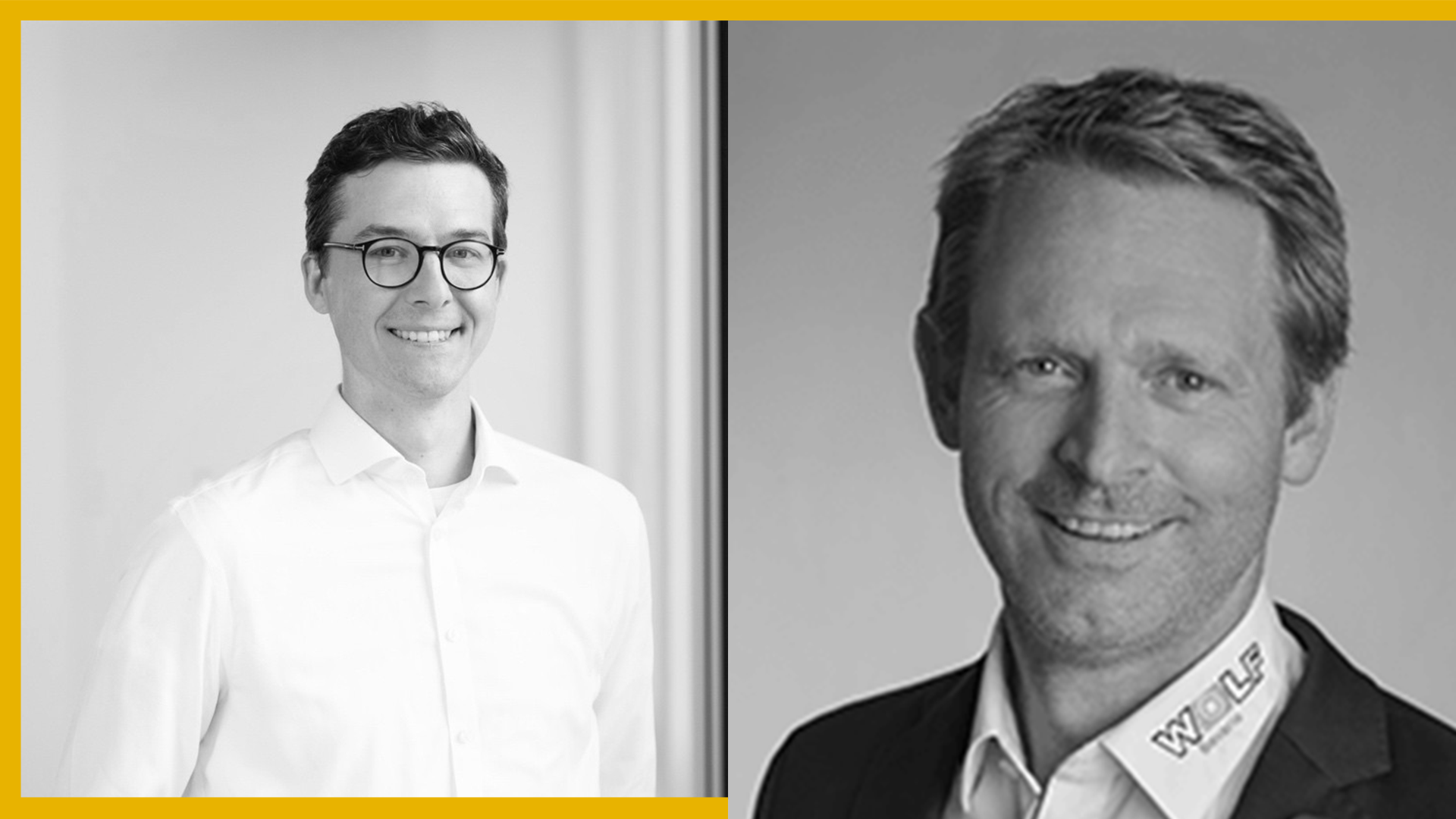
Research meets the Industry 1 | ‘Building with paper’
Moderator: Christian Louter
In this block full of inspiration, moderated by Prof. dr. ir. at the Structural Design & Building Engineering department at TU Delft Christian Louter, this sessions zooms in on 4 top level R&D developments where the academic experts and the industry leaders came perfectly together.
In 4 showcase projects, couples of an academic speaker and a industry speaker inspire you with their insights, gained within these research projects and tell you how these findings will evolve our Future Facades.
When it comes to innovation in facade design, these 4 projects will demonstrate how this future is getting shaped.
Project 1: ‘Building with paper’ by Wolf GmbH in collaboration with Tu Darmstadt.
Speakers project 1:
Michael Wolf, CEO Wolf Bavaria GmbH
Michael Kraus, Professor Baustatik
Future facades – Discover the possibilities and impossibilities of biobased materials in future designs
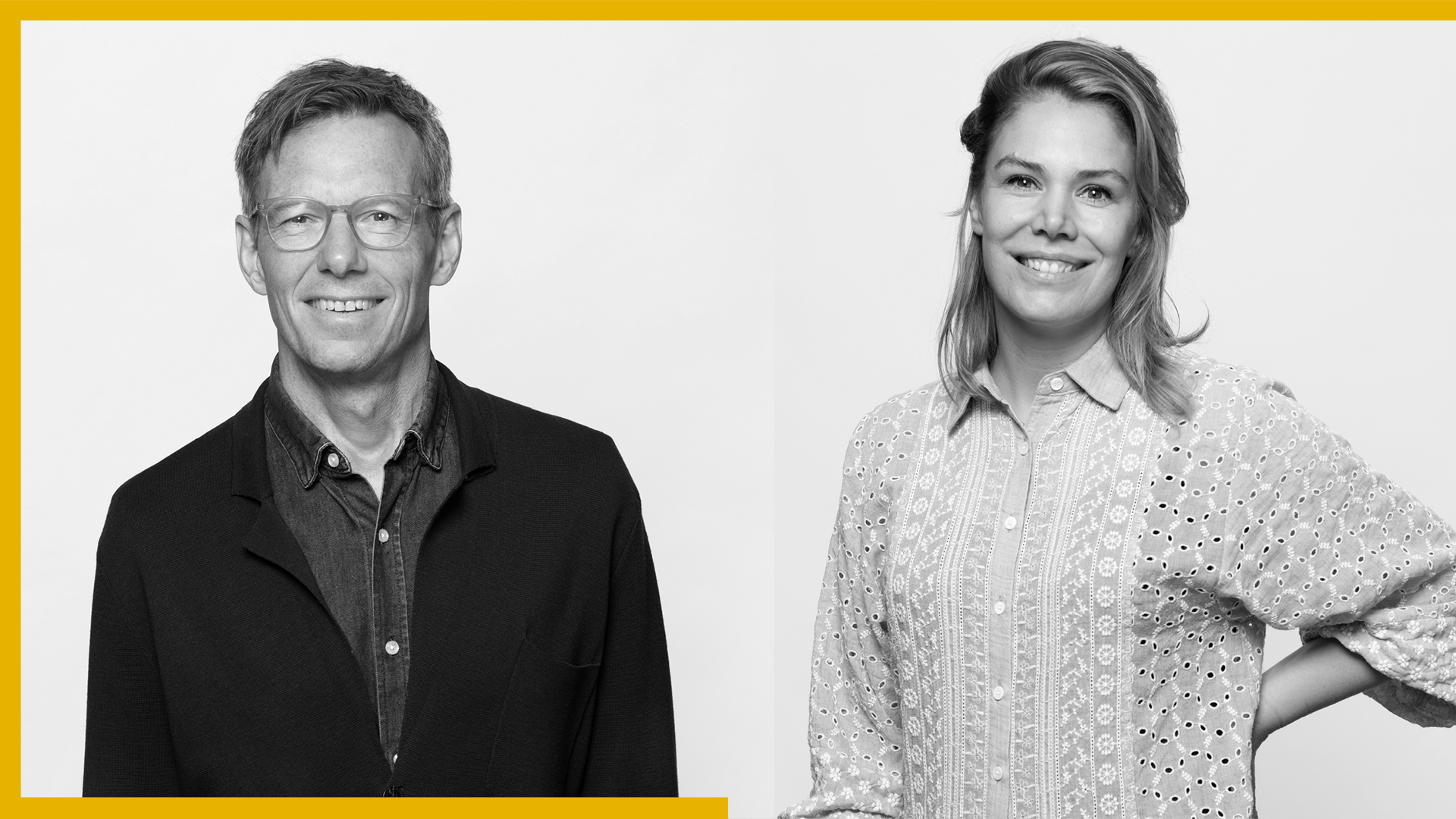
Future facades – Discover the possibilities and impossibilities of biobased materials in future designs
We are all talking about the increase of using biobased materials in the build environment of the future, but what are our experiences so far?
During this session, Thomas Harms (Sr. Architect at TeamV) and Mariette Kooren (Architect at TeamV) will dive into the possibilities and impossibilities of using biobased materials in facades. What kind of lessons did they learned from iconic projects such as HAUT or Amstelwood in Amsterdam? Are increasing complexity in regulation and fire safety measurements creating more hurdles for designing with biobased materials or can we make sure we integrate these new types of materials step by step into our facades even more? Join this inspiration session and find out!
Speaker 1: Thomas Harms – Sr. Architect at TeamV
Speaker 2: Mariette Kooren – Architect at TeamV
About Thomas Harms
At Team V Thomas was responsible for the timber residential tower HAUT in Amsterdam.
He is currently working on the Hout- en Meubileringscollege in Amsterdam and residential building Amstelwood.
Additionally, Thomas is a valued participant in the Team V Sustainability Expert Team.
About Mariëtte Kooren
Mariëtte has been working on the Zuidasdok project and several design competitions.
Currently she is project architect of MIRT Transportation Hub XL Eindhoven, Tilburg Westermarkt and Cluster 6 Eindhoven.
Mariëtte is a member of the Team V Sustainability Expert Team.
10:40
Schüco Custom Engineering | Bespoke facade solutions for sophiticated architecture by Prof. Daniel Arztmann Head of Custom Engineering International Schüco International
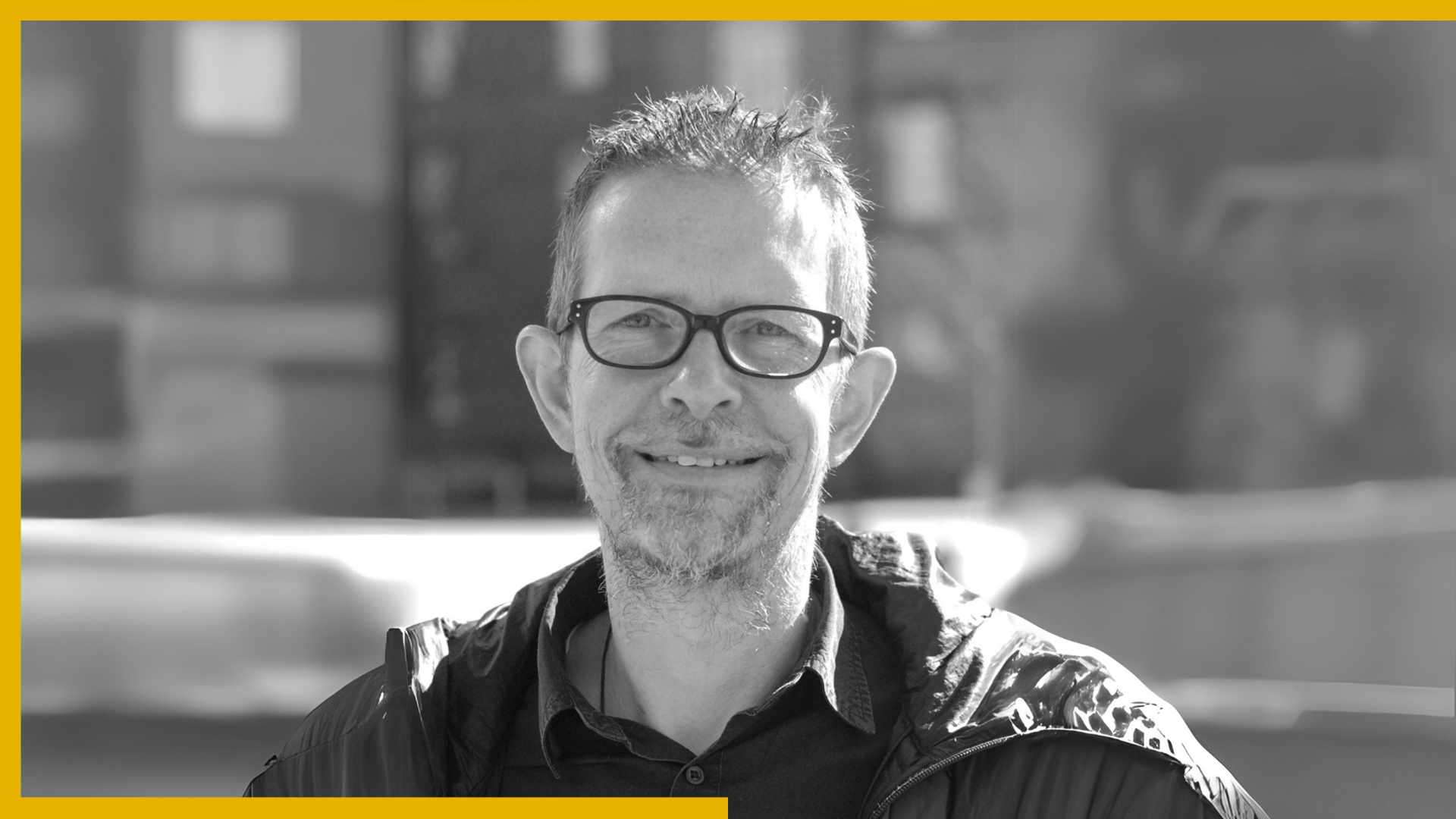
Schüco Custom Engineering | Bespoke facade solutions for sophiticated architecture by Prof. Daniel Arztmann Head of Custom Engineering International Schüco International
By Prof. Daniel Arztmann Head of Custom Engineering International Schüco International
10:50
Research Meets the Industry 2 | ‘Water-filled Glass’
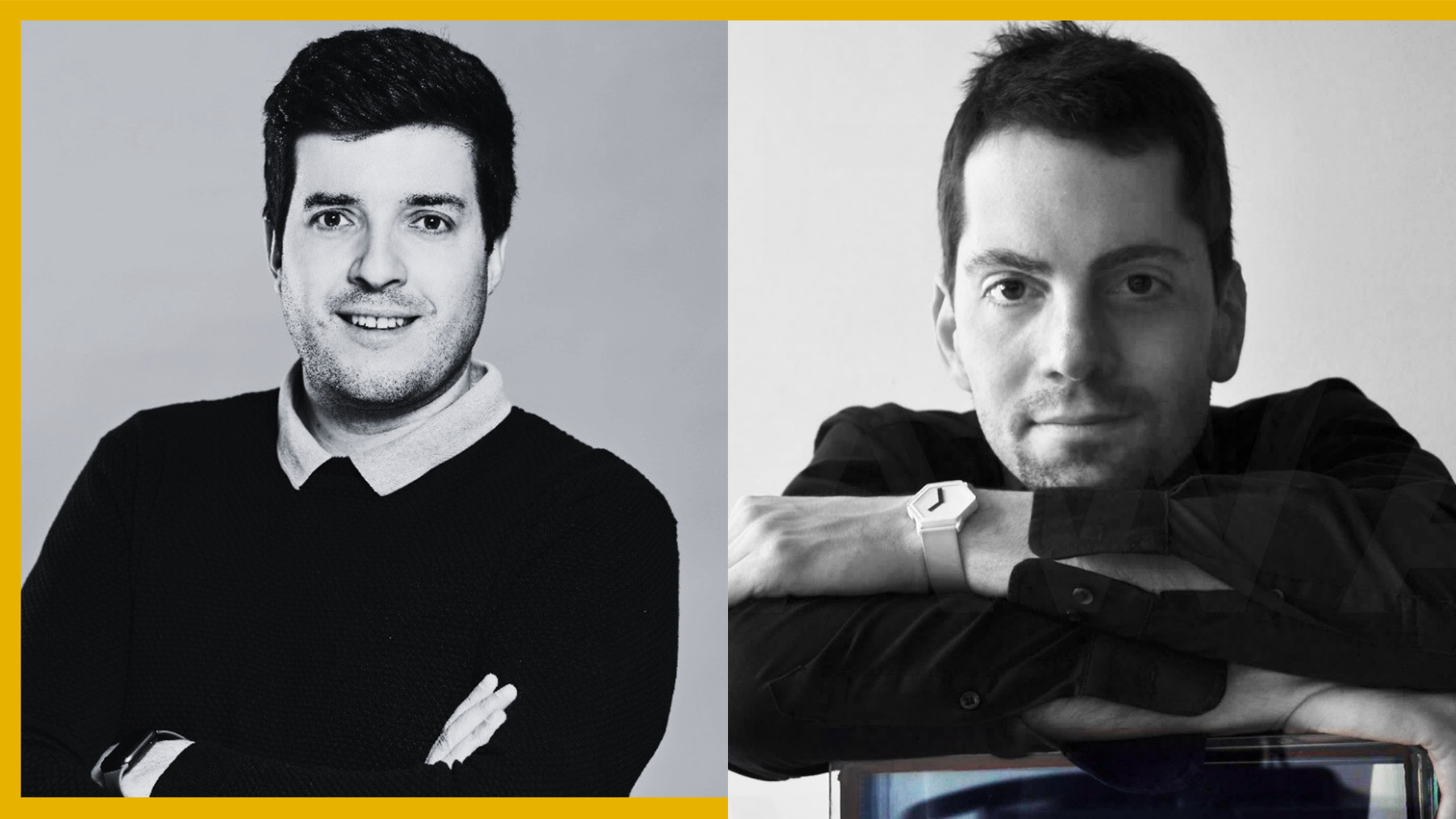
Research Meets the Industry 2 | ‘Water-filled Glass’
Moderator: Christian Louter
In this block full of inspiration, moderated by Prof. dr. ir. at the Structural Design & Building Engineering department at TU Delft Christian Louter, this sessions zooms in on 4 top level R&D developments where the academic experts and the industry leaders came perfectly together.
In 4 showcase projects, couples of an academic speaker and a industry speaker inspire you with their insights, gained within these research projects and tell you how these findings will evolve our Future Facades.
When it comes to innovation in facade design, these 4 projects will demonstrate how this future is getting shaped.
Project 2: ‘Water-filled Glass’ by Wicona in collaboration with Loughborough University.
Speaker project 2:
Matyas Gutai, Lecturer in Architecture and Construction Technology Loughborough University and Founder of Water-Filled Glass.
About Matyas Gutai
Matyas is an architect, academic, entrepreneur, and developer of Water-filled Glass (WFG) technology. He has an architecture and engineering background and graduated from Budapest Technical University (March) and the University of Tokyo (MEng and PhD). Matyas has international architecture experience and worked for offices in Japan (Shigeru Ban Architects, Arata Isozaki Architects), Portugal (Alvaro Siza), and Hungary (Zoboki Demeter Associates, Balazs Mihaly Architects, Puhl Antal Architects) before starting his PhD on WFG. After he defended his PhD in 2010, he has been researching the concept of WFG for over a decade. Since then, Matyas designed and built two prototype buildings with WFG technology (Water House 1.0 and Water House 2.0), conducted long-term monitoring on the buildings, and developed an energy model for WFG with Fazel. Matyas founded Water-filled Glass together with Fazel and Daniel and is currently focusing on the strategic development of the startup.
Speaker project 2:
Marco Theisinger, Project leader Special Projects Norsk Hydro – WICONA
Educational insights 2 – ‘Beyond Gradutation pioneers and innovators’ | by Jerzy Latka, ARCHI-TEKTURA and Wrocław University of Science and Technology
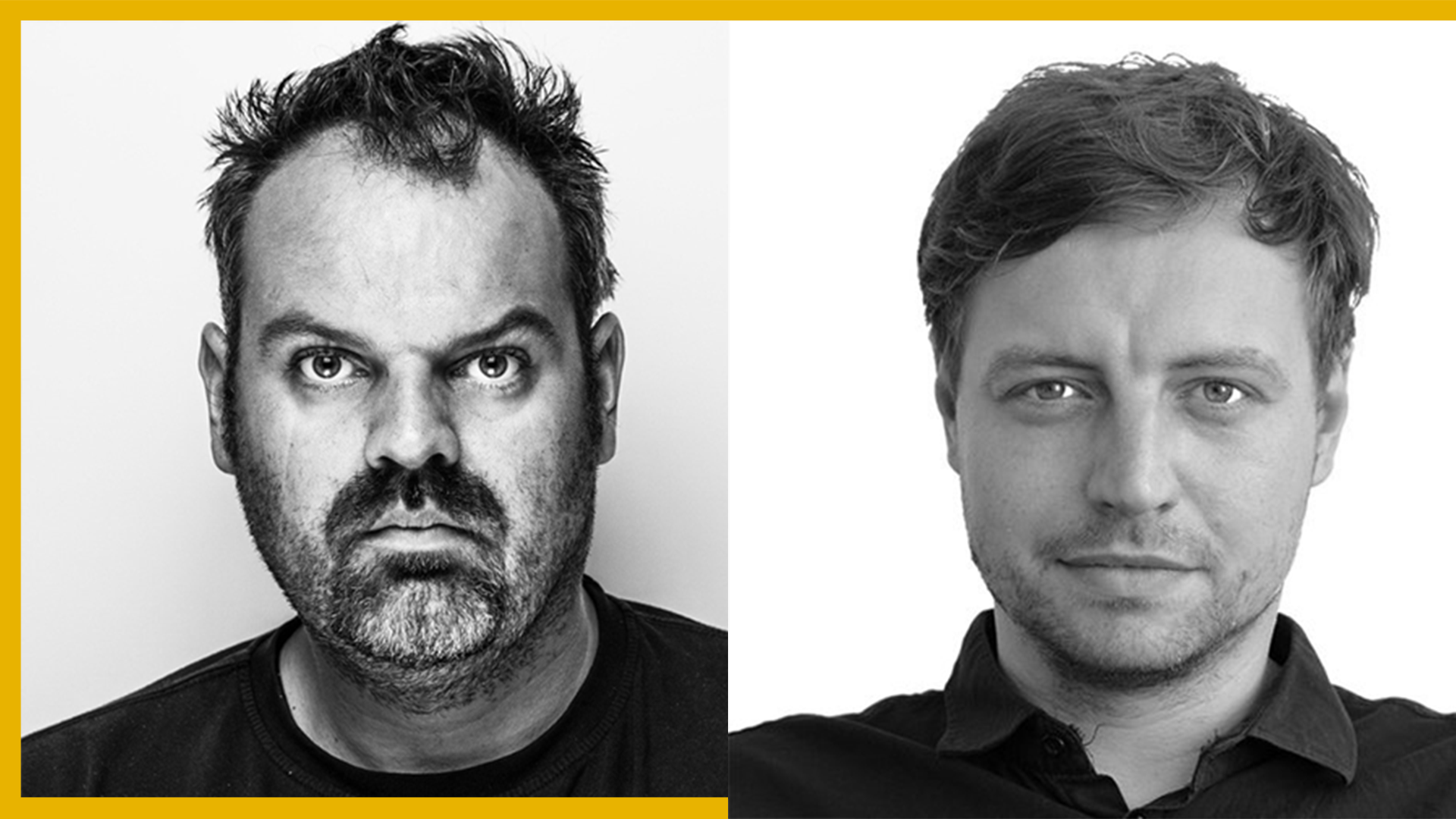
Educational insights 2 – ‘Beyond Gradutation pioneers and innovators’ | by Jerzy Latka, ARCHI-TEKTURA and Wrocław University of Science and Technology
Moderator: Marcel Bilow
In this special session, we welcome back professionals who once walked our university halls and now lead the way in innovation, sustainability, and groundbreaking design. They will share their career journeys, maybe m the moments that defined their paths, and the bold ideas they are exploring to transform our cities, structures, and spaces. Join us as we reconnect with these pioneers, gain insights from their experiences, and engage in conversations that will influence the next era of architectural and structural design. Their stories remind us that education is just the beginning—what comes next is built by those daring enough to push boundaries.
Speaker education program 2:
Jerzy Latka, Owner – ARCHI-TEKTURA and Professor – Wrocław University of Science and Technology
11:00
Self-supporting constructions | by Thomas Fruhmann Head of Sales Grid2Shell
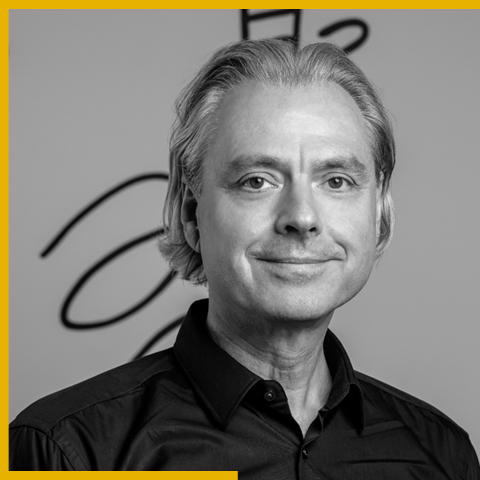
Self-supporting constructions | by Thomas Fruhmann Head of Sales Grid2Shell
Speaker – Thomas Fruhmann
Schüco is making waves with a truly unique system solution. In the Middle East, several buildings have already been constructed using the characteristic triangular glass panels. At Future Facade, Schüco is presenting the system solution specifically to the European market. “The possibilities are endless.”
Andreas Bitter, Head of Sales Grid2Shell at Schüco in Bielefeld, Germany, explains: “Grid2Shell is a self-supporting system consisting of glass panels measuring up to 3 x 3 x 3 meters, along with aluminum profiles and connectors (which we call ‘nodes’). This system allows for the creation of facades and skylights, which can also be integrated into a single ‘building skin’ in the form of a fully glazed morphed structure. By using aluminum instead of steel, the system remains lightweight yet strong. No additional ad on substructure is required, no separate insulating layer is needed, and no welded (hot works) connections are necessary. This makes assembly simple, fast and safe.”
11:10
Research Meets the Industry 3 | ‘Human Interaction’
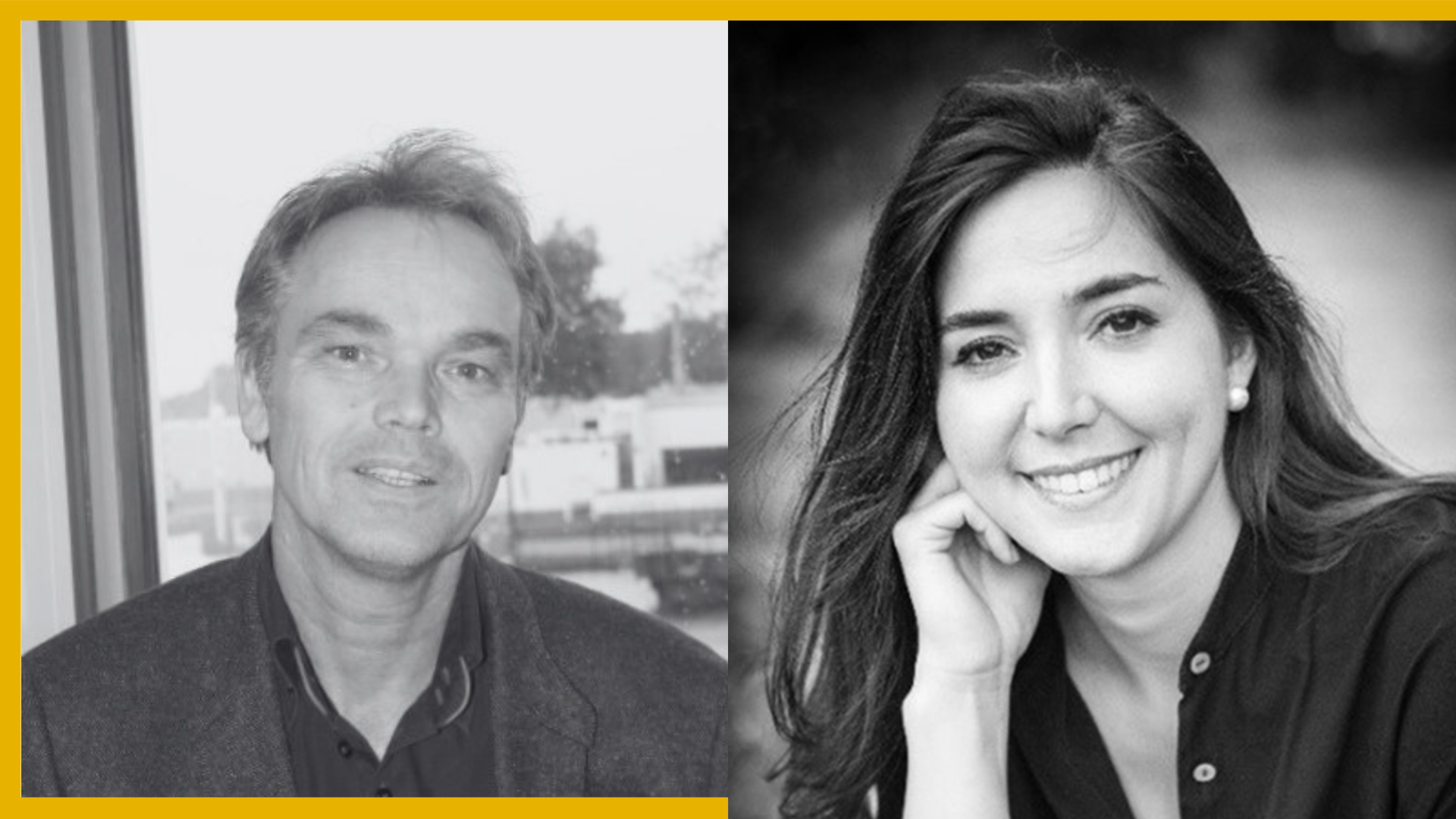
Research Meets the Industry 3 | ‘Human Interaction’
Moderator: Christian Louter
Thermal comfort is essential for occupant well-being and productivity but also a major driver of energy consumption. The HEAT FACE project—developed in collaboration with Pilkington, Orange Climate, and TU Delft—explores a novel radiant glazing solution with integrated solar control to enhance personalized thermal comfort while reducing energy use. By focusing on occupant-body heating rather than whole-space conditioning, the project investigates how users experience heated facades and aims to develop evidence-based design guidelines for renovation and upscaling. The system is installed and tested in TU Delft’s novel MATELab, a state-of-the-art facility for human-façade interaction studies. Project activities include comfort testing, life cycle assessments, and stakeholder engagement to identify barriers and opportunities. HEAT FACE redefines facades as active Personalized Environmental Control Systems (PECS), contributing to climate adaptation, user-centered design, and healthier indoor environments.
Project 3: ‘Human Interaction’ by Pilkington in collaboration with TU Delft.
Speaker project 3:
Alessandra Luna Navarro – Assistant Professor TU Delft, Building Impulse co-founder
Alessandra Luna Navarro is an Assistant Professor in the Architectural Façades and Products Research Group at TU Delft, where her research focuses on human-building interaction to advance climate resilience, resource efficiency, human well-being, and health.
Her interdisciplinary research integrates architecture, energy, and behavioral sciences, focusing on innovative building systems and façade design. She leads MATELab and SMARTLab at TU Delft, where she supervises PhD candidates conducting experiments in building design and controls. She is currently involved in the Horizon Europe funded project Smarteestory and Multicare.
She collaborates with regional energy policy makers, the EBC Annex activities at the International Energy Agency (Annex 87, Annex 95) and CIBSE (TM68) in linking evidence and innovation to policy.
Recently she was visiting scholar at UC Berkeley (funded by the Blanceflor fellowship) and Politecnico di Milano to work on heat resilience, and she was awarded with the Best Young Researcher Award at the 9thInternational Building Physics conference.
She has a Masters’ degree in Building Engineering and Architecture from La Sapienza University of Rome and an MPhil in Energy Technologies from the Department of Engineering at the University of Cambridge. She has also obtained a PhD from the University of Cambridge by researching occupant-centred design and operation of facades. Her research was awarded with the Future Cities Fellowship at the University of Cambridge and funded by Arup, Permasteelisa and EPSRC.
Marcel Ribberink – Business Development Manager, Pilkington Netherlands
Marcel Ribberink is the Business Development Manager at Pilkington Netherlands, specializing in the development of insulated glass solutions. With a strong focus on innovation, he is actively involved in pioneering technologies such as heated glass, dynamic solar control, and photovoltaic (PV) applications.
His work is driven by key principles including scalability, reliability, efficiency, return on investment (ROI), and CO₂ reduction. A significant part of his mission is to integrate these advancements into smart home automation concepts, ensuring seamless adaptation to modern building technologies.
Marcel collaborates closely with the Pilkington R&D and TAS teams across Europe, aligning research and product development with real-world applications. He also participates in scientific programs and collaborative projects with other business partners, universities, knowledge centers, and research institutions, contributing to sustainable concepts and parallelization strategies.
Through his expertise and dedication, Marcel plays a role in shaping the future of high-performance glazing solutions, reinforcing Pilkington’s position as a leader in sustainable and intelligent glass technologies.
Educational insights 3 – ‘Beyond Gradutation pioneers and innovators’ | by Jan Wurm, ARUP and KU Leuven
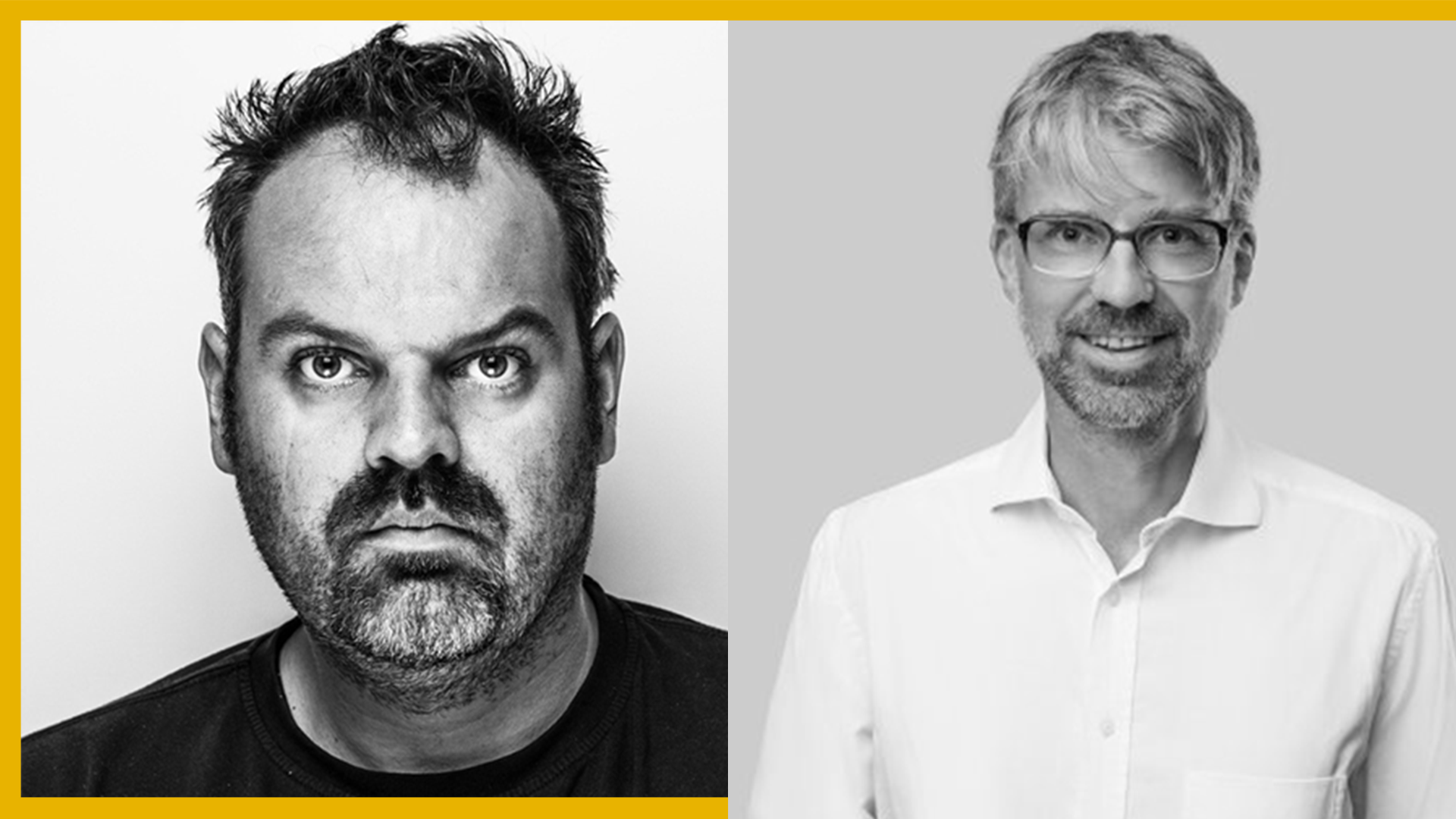
Educational insights 3 – ‘Beyond Gradutation pioneers and innovators’ | by Jan Wurm, ARUP and KU Leuven
Moderator: Marcel Bilow
In this special session, we welcome back professionals who once walked our university halls and now lead the way in innovation, sustainability, and groundbreaking design. They will share their career journeys, maybe m the moments that defined their paths, and the bold ideas they are exploring to transform our cities, structures, and spaces. Join us as we reconnect with these pioneers, gain insights from their experiences, and engage in conversations that will influence the next era of architectural and structural design. Their stories remind us that education is just the beginning—what comes next is built by those daring enough to push boundaries.
Speaker education program 3:
Jan Wurm, EU Engagement Lead ARUP and Professor Regenerative Architecture & Biofabrication KU Leuven.
About Jan Wurm
He gained his professional and scientific experiences in international architectural practices and universities. He worked in Poland, Ireland, Romania, Great Brittan, Israel, Japan and the Netherlands.
11:15
Reversible steel facades – From Vision to Mainstream | by Ron Jacobs (Jansen AG)
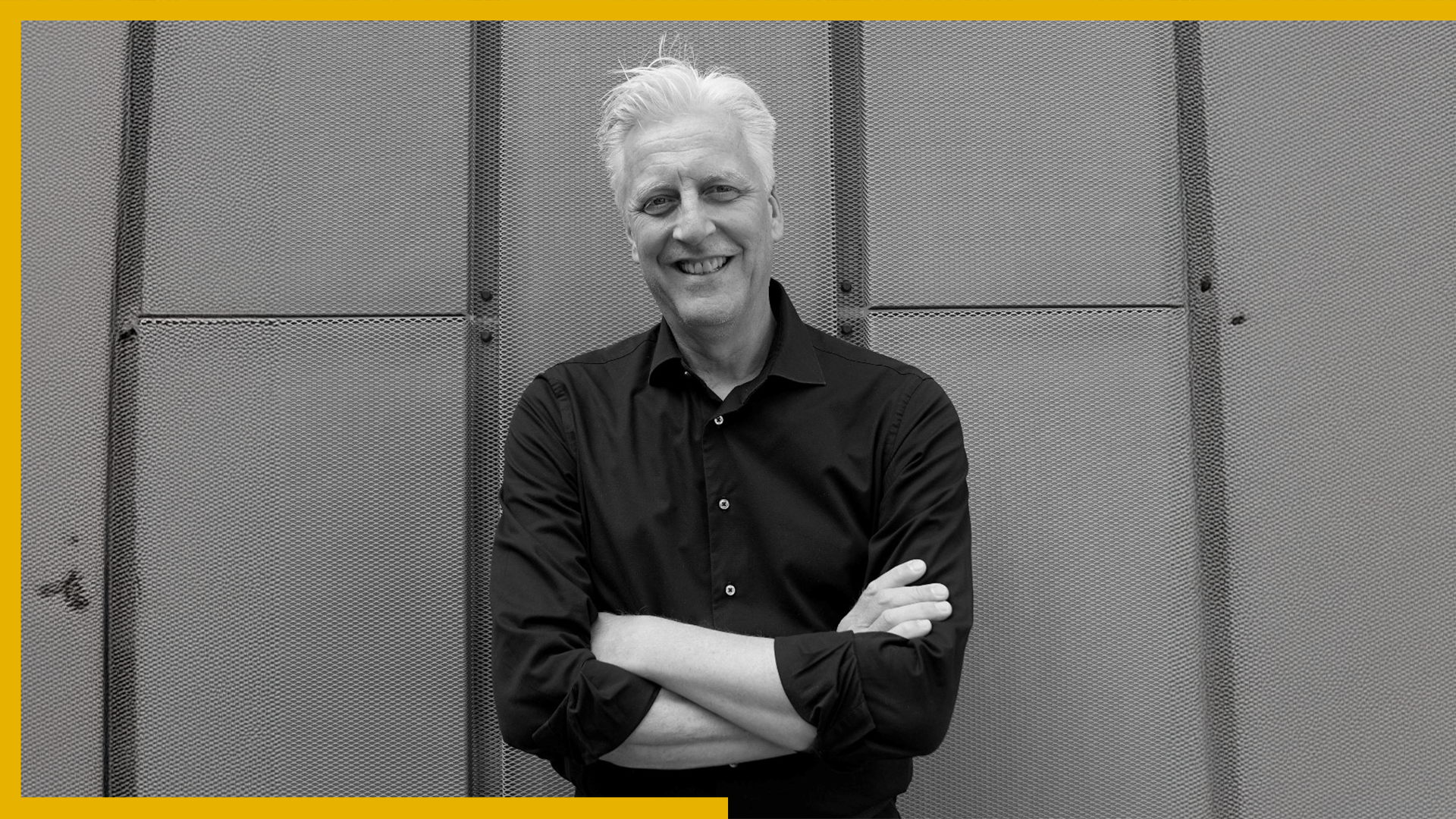
Reversible steel facades – From Vision to Mainstream | by Ron Jacobs (Jansen AG)
About Ron Jacobs
Ron Jacobs is Project Sales Manager International and has been working for Jansen AG for more than thirty years. The first 27 years as a distribution partner for Jansen in The Netherlands and Belgium, Ron and his teams were promoting the Jansen brand by showcasing the unique properties of steel in the architecture world, clearly showing where steel makes the difference. Since 2022, Jansen has taken over the direct market service in The Netherlands and Belgium and from then on Ron has become part of the International Project Business Team as a cross-border Sales Manager and bringing his expertise on architectural steel and sustainability to an international level.
About the session
Adaptive reuse has become mainstream, yet planning remains a challenge. Steel façade systems excel in sustainability and reusability. Jansen is involved in award-winning projects and international research to optimize the steel eco-balance. Ron will showcase groundbreaking projects like the Battersea Power Station in London and Gare Maritime in Brussel (designed for disassembly by the architects). This will be complemented by (circular) case studies (such as the façade upgrade for the “Centraal Museum in Utrecht”) offering practical insights for architects and façade builders aiming to make their projects future-proof. Jansen AG stands for innovative architectural steel systems—create unique structures with us!
What do gallery flats in Den Helder and the Catalan architect Antoni Gaudi have in common? Apparently nothing
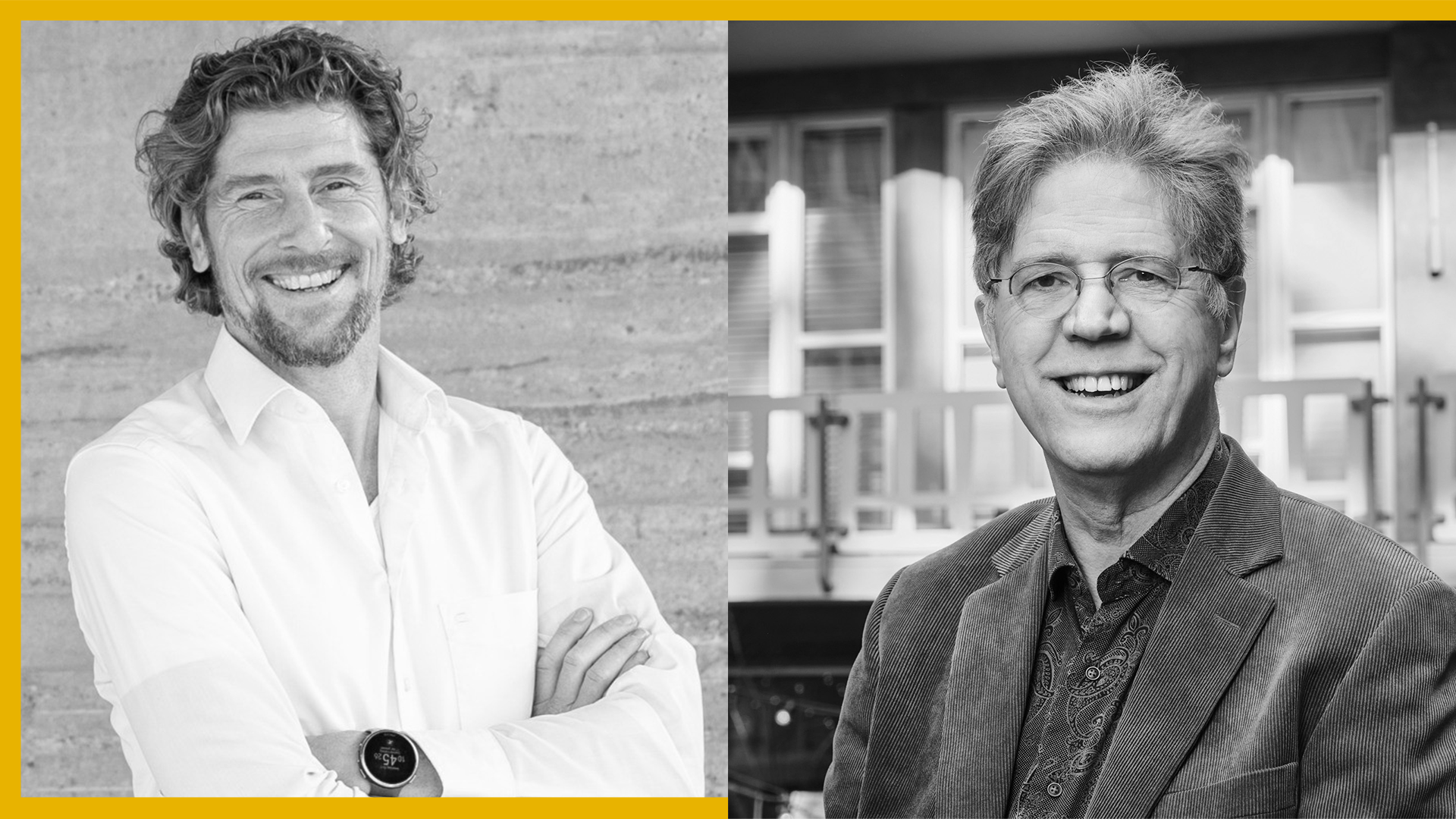
What do gallery flats in Den Helder and the Catalan architect Antoni Gaudi have in common? Apparently nothing
But nothing could be further from the truth. During Future Facade, Ron van Leeuwen, architect of Kokon Architecture & Urban Planning, and Gerard van Engelenburg, directly involved from Bruil prefab printing, will talk about the “lessons learned” in the renovation of 3D concrete printed façade elements of two flats. The two monotonous dated seventies flats on the Baskeweg in Den Helder were given a spectacular façade appearance by using the possibilities offered by 3D concrete printing.
Speaker 1: Ron van Leeuwen
Architect of Kokon Architecture & Urban Planning
Speaker 2: Gerard van Engelenburg
Commercieel manager Bruil
11:20
International (high rise) projects | by Stephen Tanno Director Pre-Construction Services Schüco International
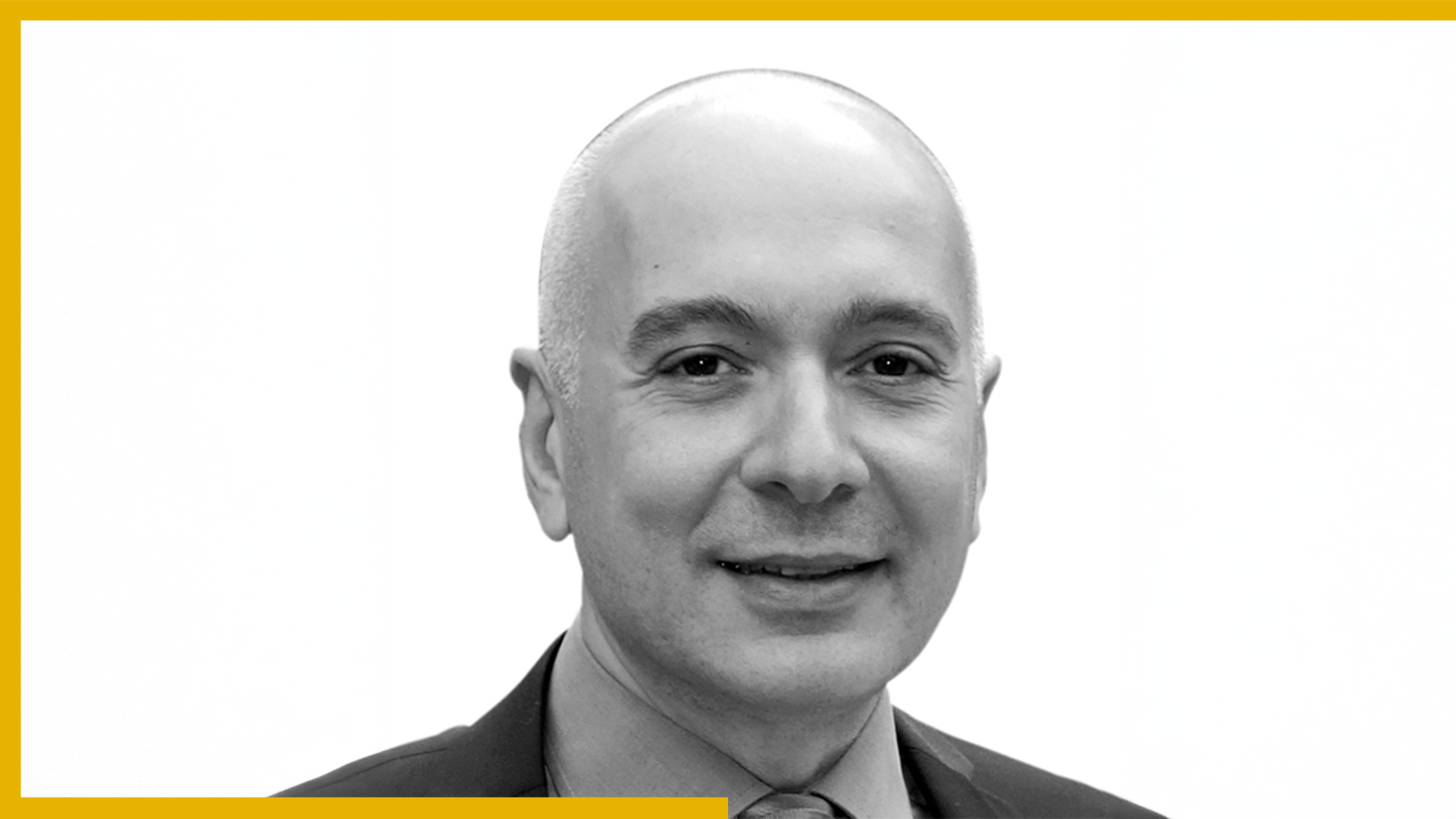
International (high rise) projects | by Stephen Tanno Director Pre-Construction Services Schüco International
By Stephen Tanno Director Pre-Construction Services Schüco International.
About Stephen Tanno
Stephen Tanno graduated from The University of Southampton in 1987 and worked as a Consulting Engineer for the next 16 years, including 5 years with Ove Arup in Sydney and 8 years as Group Director with Buro Happold, where he founded the Façade Engineering Group, in London. In 2003 he joined Schneider GB Ltd initially as UK Technical Director and later as UK Managing Director guiding the company to become a market leader. In 2011 He joined Seele GmbH as Projects Director, and in 2015 he joined Schueco International as Director of Pre-Constructions Services.
He is a chartered engineer in both the UK and Australia and has a consistent track record of leading and delivering complex and bespoke high quality projects. He is a lateral thinker and has an all-round appreciation for design, engineering, and build-ability. He has extensive knowledge of project delivery from initial planning and design stages right through construction and handover. In recent years Stephen has collaborated with numerous architects to develop sustainable and functional façade designs that went on to be implemented to a realistic budget through a reliable delivery mechanism by close collaboration with façade contractors.
11:30
Research Meets the Industry 4 | Project ‘Digital Ceramics’
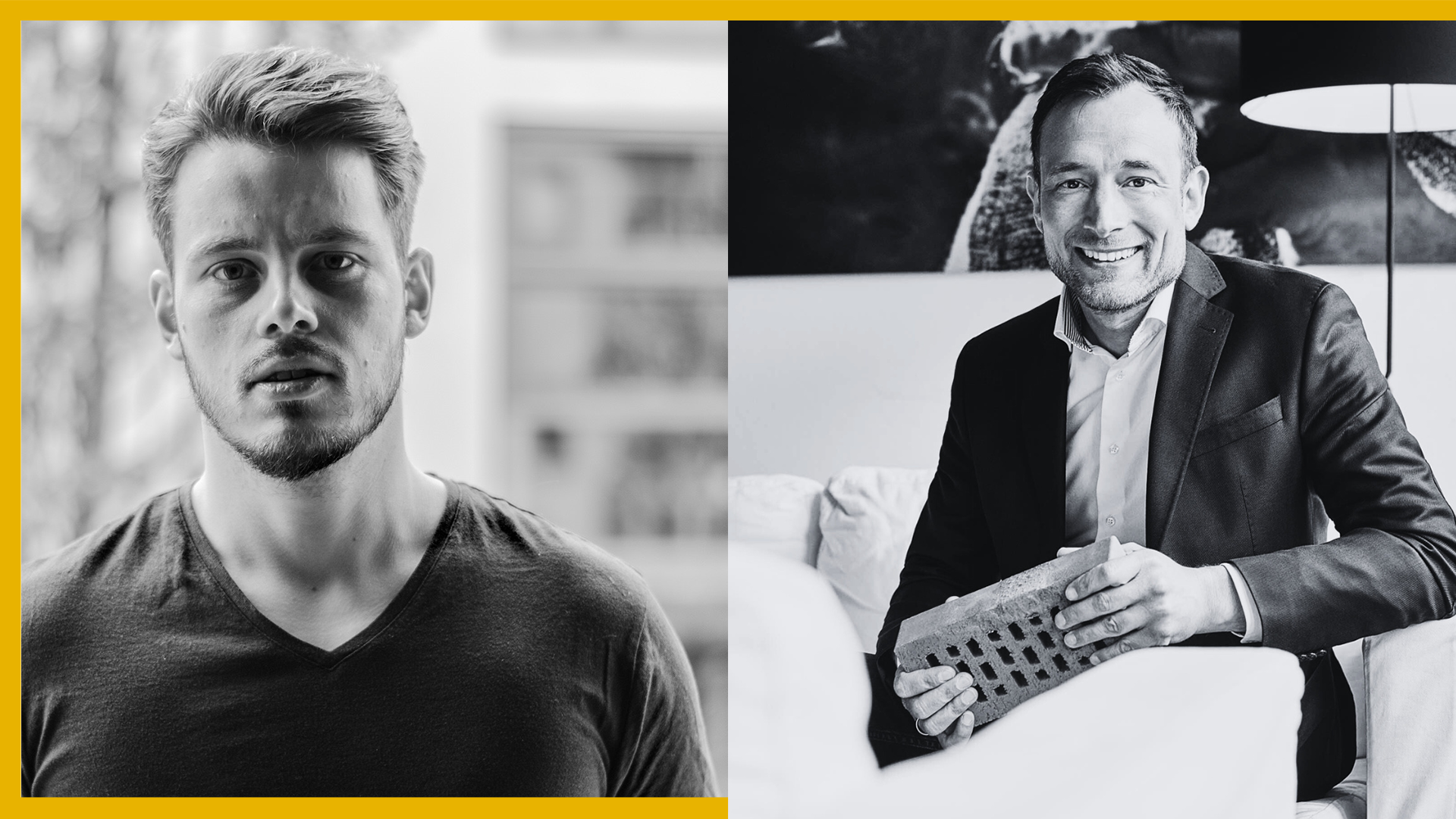
Research Meets the Industry 4 | Project ‘Digital Ceramics’
Moderator: Christian Louter
In this block full of inspiration, moderated by Prof. dr. ir. at the Structural Design & Building Engineering department at TU Delft Christian Louter, this sessions zooms in on 4 top level R&D developments where the academic experts and the industry leaders came perfectly together.
In 4 showcase projects, couples of an academic speaker and a industry speaker inspire you with their insights, gained within these research projects and tell you how these findings will evolve our Future Facades.
When it comes to innovation in facade design, these 4 projects will demonstrate how this future is getting shaped.
Project 4: ‘Digital Ceramics’ by Hagemeister in collaboration with: New Shaping methods for a well-proven building Material
Speaker project 4:
Alexander Wolf, Group Leader Generative Design Lab TU Darmstadt and owner Studio5a.
About Alexander Wolf
Alexander Wolf is group leader of the Generative Design Lab, a research unit situated at the Institute of Structural Mechanics and Design in Darmstadt. The experience gained in CAD, BIM and Generative Design throughout his architectural studies led him to write a PhD thesis on applied additively manufactured ceramics at TU Darmstadt’s faculty of civil engineering, as well as the University of Minho in Guimaraes, Portugal. Besides that, he investigated the topic of paper as a building material throughout multiple research projects. Being a registered architect in Germany, Alex is also active in building projects together with his wife at their office studio5a.
Speaker project 4:
Johannes Beusker, Leading Marketing & Product Manager, Hagemeister GmbH.
About Johannes Beusker
Johannes Beusker is the head of the Product Management and Marketing Team at Hagemeister Klinkerwerk in Nottuln. With 15 years of experience in product management and development across various industries, Johannes is passionate about driving product innovations. In the construction industry, he believes innovation is clear: create sustainable products that address climate change challenges. The Nesting Brick is a prime example, helping to preserve urban biodiversity. The technology of additive manufacturing enables Hagemeister to scale the product which is 100% handcrafted yet.
Educational insights 4 – ‘Beyond Graduation pioneers and innovators’ | by Juergen Heinzel, UNStudio
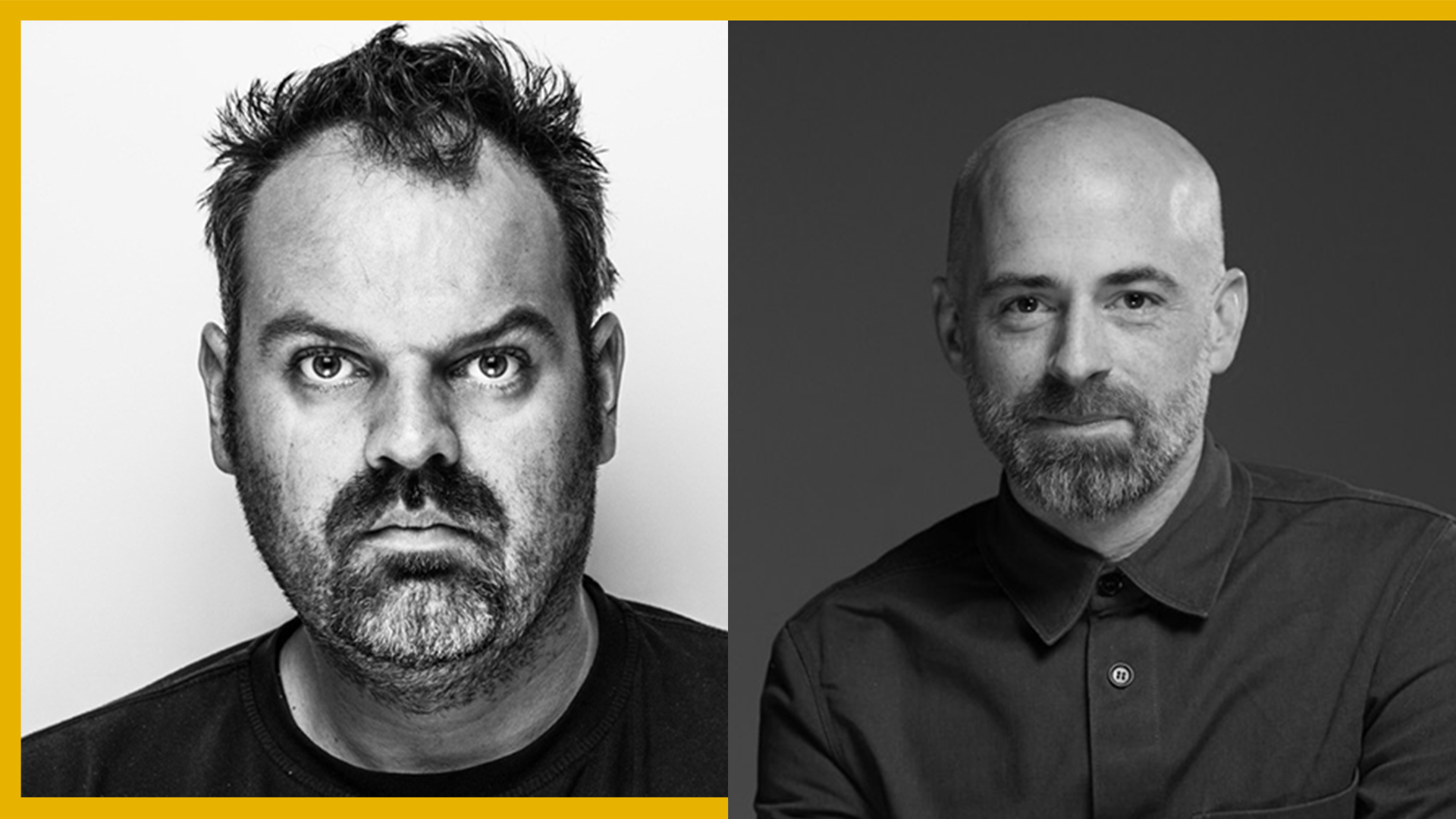
Educational insights 4 – ‘Beyond Graduation pioneers and innovators’ | by Juergen Heinzel, UNStudio
Moderator: Marcel Bilow
In this special session, we welcome back professionals who once walked our university halls and now lead the way in innovation, sustainability, and groundbreaking design. They will share their career journeys, maybe m the moments that defined their paths, and the bold ideas they are exploring to transform our cities, structures, and spaces. Join us as we reconnect with these pioneers, gain insights from their experiences, and engage in conversations that will influence the next era of architectural and structural design. Their stories remind us that education is just the beginning—what comes next is built by those daring enough to push boundaries.
Speaker education program 4:
Juergen Heinzel, Associate Design Director and Lead Design Quality & Associate Partner at UNStudio
11:40
Resilience in renovation, focus on value up | moderated by Joep Römgens Schüco Benelux

Resilience in renovation, focus on value up | moderated by Joep Römgens Schüco Benelux
By Joep Römgens, Head of Service, Marketing and Product Management Schüco Benelux
About Joep Römgens.
Nearly 10 years ago Joep joined Schüco International, one of the leading international suppliers of high-quality window, door and façade systems. With a master´s degree in Architecture and nearly 20 years experience in the construction industry Joep is now leading the Schüco Benelux Team for Service-, Product- and Marketing-Management.
Joep leads his team with ´customer centricity´ as their main driver across Service-, Product-, and Marketing- Management. Every aspect of daily business prioritizes the customer, ensuring that market feedback is key in their approach. Joep’s team is committed to developing market-oriented solutions, maintaining their position as innovation leaders, and consistently delivering high-quality, service-oriented products and services.
Joep has a passion for sustainability and firmly believes that it is time to take responsibility in combating global warming. He is thrilled to find the same sense of urgency with his employer, Schüco, where environmental responsibility is deeply integrated into their corporate ethos.
11:50
Research Meets the Industry 5 | CO2-Negative Facing Bricks – From a vision to the first buildings and beyond
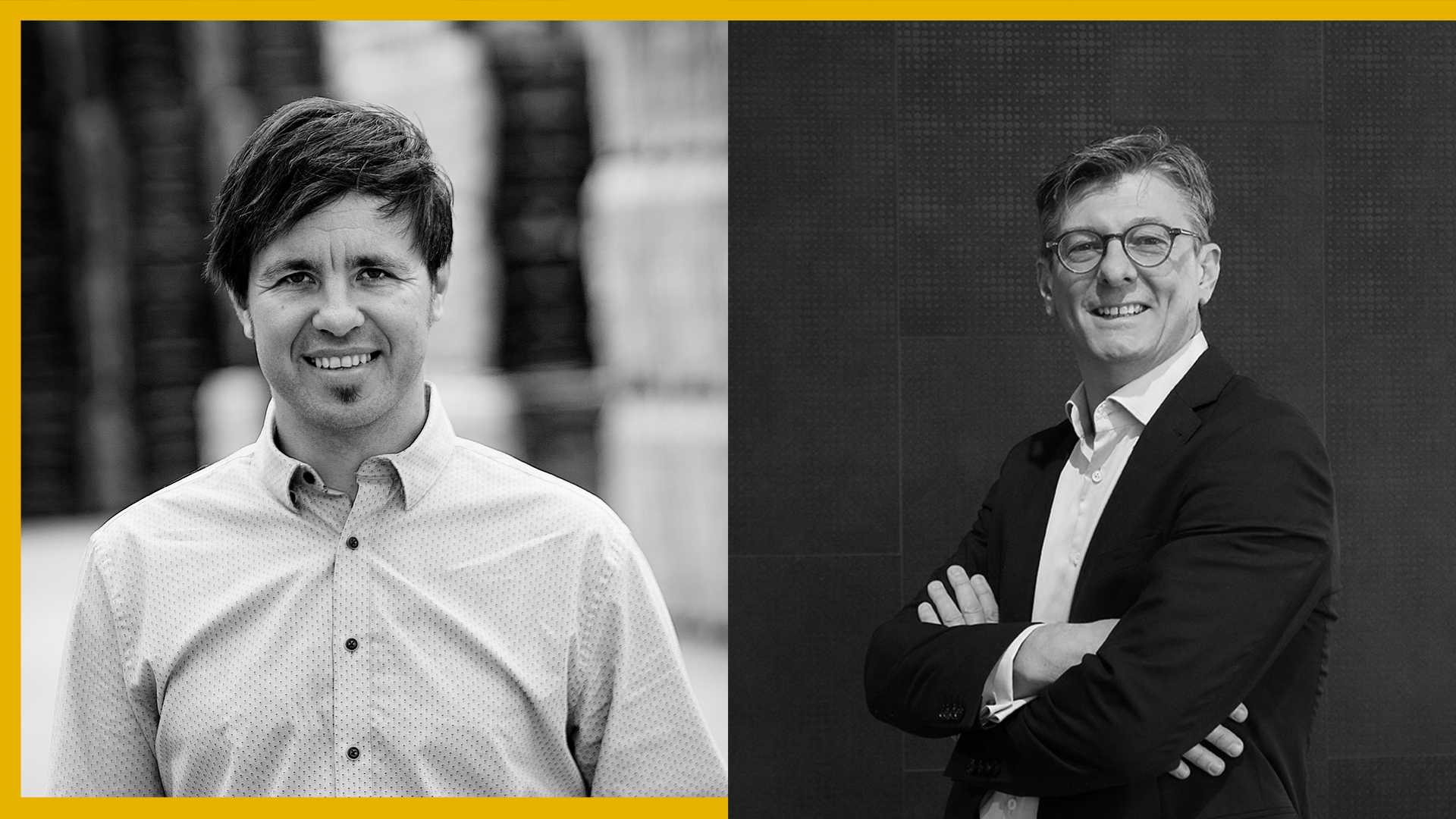
Research Meets the Industry 5 | CO2-Negative Facing Bricks – From a vision to the first buildings and beyond
Abstract: Carbon negative facing bricks. A path full of hurdles has finally lead to an extraordinary achievement. A lot of research, trials and errors, combined with a clear vision and strong focus on innovation and sustainability resulted in the world’s first carbon negative facing bricks. Research is key in a very complex and traditional sector. While the first buildings are being build, new developments are coming to the market. Maybe even more revolutionary.
Speaker 1: Johan Deburchgrave – CEO at Vandersanden B.V.
Passionate and entrepreneurial leader: able to bring the organization to the next level generating sustained performance. People leader with international experience: leads and develops leaders, raising their performance with focus on empowerment, accountability and collaborative spirit. Strategist: develops a shared vision and makes the necessary strategic choices to deliver results in large P&L environment.
Speaker 2: Dries Beyens – Group Manager Research & Technology at Vandersanden B.V.
Innovation, sustainability, circularity. Working together with internal & external partners in a crossfunctional team. ‘Out Of The Box’ Thinking.
12:00
Lunch break
Lunch break
Revitalising the Waaggebouw: A New Urban Narrative| by NEXT Architects
Revitalising the Waaggebouw: A New Urban Narrative| by NEXT Architects
Speaker 1: Bart Reuser
Founding Partner at NEXT Architects
About Bart Reuser
Architect Bart Reuser of NEXT Architects presents the Waaggebouw in Eindhoven, a striking example of how architecture can drive urban revitalisation. Once a fragmented and underused area, the Waaggebouw sets to be reimagined as a vibrant, mixed-use hub that connects the city’s historic fabric with its future ambitions. In this lecture, Reuser will discuss how the facade plays a central role in this project—combining sustainability, transparency, and spatial coherence to bring new life to the centre of the area. The session offers insights into how architectural design can shape more inclusive and resilient urban environments.
12:15
Lunch break
Lunch break
13:00
Typical challenges for innovation in Facade design | moderated by Christian Louter, prof. dr. ir. at TU Delft | How to overcome existing hurdles
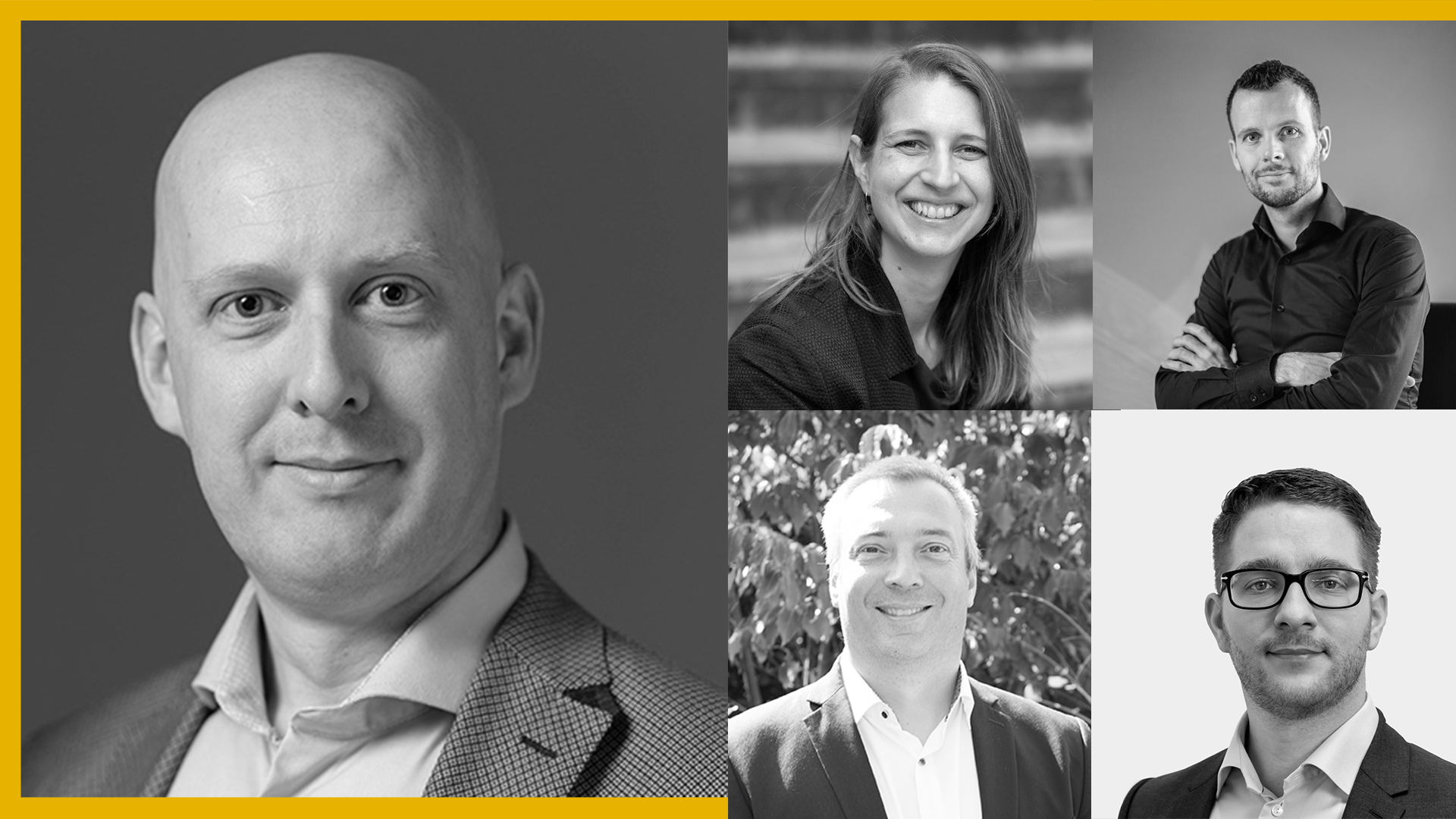
Typical challenges for innovation in Facade design | moderated by Christian Louter, prof. dr. ir. at TU Delft | How to overcome existing hurdles
The last few years, lot’s of research has been conducted, and many innovations did appear in the facade industry. But still we see a lot of traditional facades in the build environment and it continues to seem very hard to get things scalable. Is there a gap between what regulations do allow us to build, and what designers wants to implement into their designs? And how can we overcome challenges for clients when it comes to sustainability or low carbon designing? What are the typical threats for implementing new techniques, and make more adaptive and sustainable facades? During this panel discussion, different experts in facade design and engineering will discuss the biggest hurdles, and give strong examples in how to overcome these in future projects.
Host
Christian Louter
Speaker 1: Leonie van Ginkel
Frontwise Facades
Leonie van Ginkel is co-owner of Frontwise Facades in the Netherlands. As an advisor, she has a passion for the technical design of facades. In her job, she combines architecture, structural design and building physics throughout different stages in designing a building and a building envelop. Leonie has a degree in architecture and buildingtechnologie in TU Delft with facades as specialism. Her strong interest in new products and techniques started to grow during her internship at Permasteelisa and grew even more during her time at Hunter Douglas.
After this, she joined ARUP in New York and Amsterdam, where she specialized in advance facade techniques and sustainability. Leonie is very experienced in complexe facade projects and has a strong vision in how to incorporate innovative solutions in to facade designs.
Speaker 2: Gijs Rikken
Senior Partner MVRDV
Gijs Rikken (1980, Boxtel, The Netherlands) is an architect and Associate Design Director at MVRDV since 2007. At MVRDV, Gijs is responsible for the design and execution of a wide variety of projects, ranging from large-scale, complex buildings to detailed innovative material research.
“At MVRDV, we continuously push the envelope. As architects, we have an obligation to try to change the world into something better. Something greener, more social, more mixed, more accessible, more wonderful.”
Key projects include such completed buildings as the Glass Farm in Schijndel, The Crystal Houses in Amsterdam and the Balancing Barn in Suffolk, England. Other defining works consist of the winning design for the Urban Hybrid in Emmen, the Coral Tower in Sydney and the Theater aan de Parade in Den Bosch. He is currently responsible for the development and construction of Valley, a 75,000m2 mixed-use building in Amsterdam which boasts three residential, green-covered towers and a publicly accessible, vertical park
Speaker 3: Paul Rouven-Denz
At Priedemann Facade Experts, Paul-Rouven Denz set up the research and development department from 2014 with a focus on new facade technologies, materials, systems and planning processes. Since January 2022, Denz has been Head of Projects and authorized signatory for the overall operational business of Priedemann Fassadenberatung GmbH and Facade-Lab GmbH, including R&D.
Paul-Rouven Denz studied architecture and urban planning at the University of Stuttgart and the E.T.S.A. Madrid with a focus on “resource-efficient building construction” and “building construction”. Mr. Denz has gained extensive experience in flagship and research projects on the subject of sustainability in Germany and abroad and has successfully participated in architecture and innovation competitions. Denz has worked at Foster & Partners (London), Werner Sobek (Stuttgart), Fraunhofer IAO Stuttgart), IBK2 (University of Stuttgart), Gutierrezdela Fuente Arquitectos (Madrid) and ATOL Architects (Shanghai), among others.
Since 2017, Denz has also been a doctoral student at the TU Delft, Faculty of Architecture and the Built Environment, and is investigating “Smart Textile Skins” for material and energy-efficient building envelopes.
Speaker 4: Eric Guillaume
HDR Dr. Eric GUILLAUME works in fire sciences since 1998. He formerly led the fire behaviour department of SNCF (French Railway), then changed company in 2005 to join LNE (The French National Laboratory for Testing and Metrology) as head of Fire safety studies department, and later as head of research for whole testing activities of LNE.
Nowadays (since 2015), he works for Efectis France, first as Technical Director and since 2016 as General Manager of the company.
Eric Guillaume is a fire expert involved in various missions, including laboratory development, teaching, standardization and regulation, fire toxicity and modelling fire behaviour of materials. In the field of fire safety, he is the author of more than 60 scientific publications, 30 book chapters and more than 250 conference acts. He is Technical advisor for fire safety for many French authorities, and active in standardization as past-chairman of the standardization committee ISO TC92/SC3, dealing with “Fire Threat to People and the Environment” (2016-2024) and convenor of ISO TC61/SC4/WG2, dealing with smoke opacity and corrosivity for plastics. He is in the board of SFPE French chapter since more than a decade.
Eric is trustee of IAFSS in charge of membership, and vice-chair of the International FORUM of fire research directors.
Future Business Models for facades – Facades as a Service: A ‘new’ way of financing our future facades
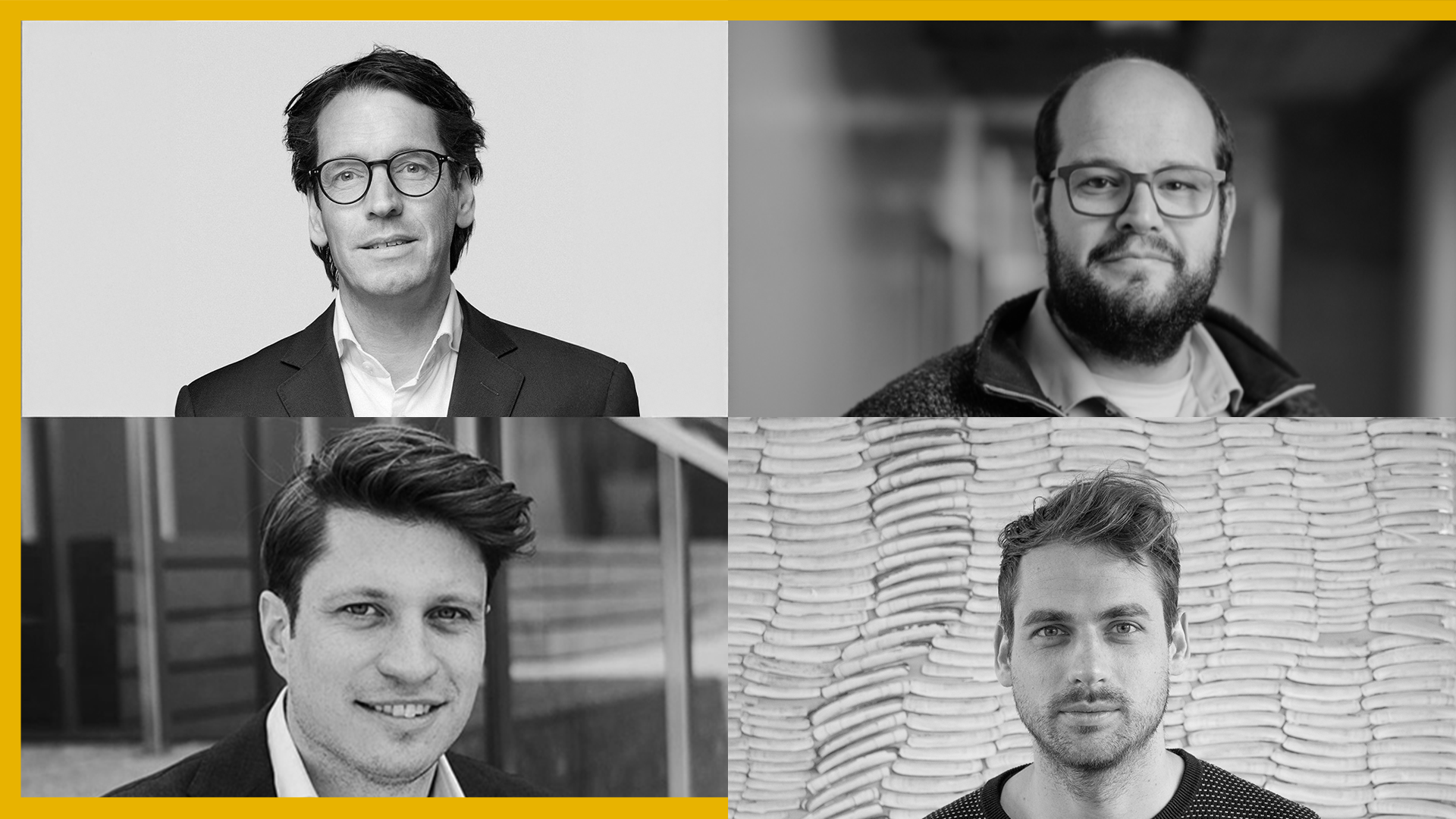
Future Business Models for facades – Facades as a Service: A ‘new’ way of financing our future facades
The last few years lot of research is conducted about new financing models for facades. The Facade-as-a-service as a method is clearly having his positive impact on the circularity of buildings. But how can we bring this sustainable finance method to the next phase? When all of the technical and legal hurdles are gone, all we need is a new mindset in the way we see our future business models for buildings in the build environment and the way facades are contributing to these new financial opportunities. During this session, multiple Dutch experts on this topic will share their visions on these next steps we can take, and will debate the difficulties and upsights of this new financial model.
Speakers:
- Martijn Veerman (Manager Commerce & Product Development at Alkondor)
- Dr. Ir. Michaël Peeters (Assistant Professor ESG – Sustainable Finance, Smart Building & Valuation)
- Rob Wesselink (Partner at Rudy Uytenhaak + partners)
- Jeroen Derkx (Sr. Business Development Manager – Circular Economy at InvestNL)
Martijn Veerman – Manager Commerce & Product Development at Alkondor
Martijn Veerman finished his study in 2012 at the University of Applied Sciences Utrecht, faculty Built Environment. He did his graduation thesis at ‘Slimbouwen’ (with the aim ‘reset the construction process’) and the VMRG, the branche association for the façade industry in the Netherlands. The topic was how we could prevent value depreciation of buildings by changing the technical, processes and financial systems. Later He stayed at VMRG to help the industry with innovation projects (on sustainability and circularity) on different perspectives. Later in 2017 he started working for Alkondor an innovative façade contractor where he develops and implement new and future proof façade concepts. One of them is Ciskin (Circular Skin). Ciskin is a result of years of pioneering and piloting (also on the TU Delft campus).
Dr. Ir. Michaël Peeters – Assistant Professor ESG – Sustainable Finance, Smart Building & Valuation
Michaël Peeters MRe is an assistant professor and researcher specializing in sustainable finance and smart building technologies, focusing on the link towards valuation. With a PhD in Engineering Management from the University of Antwerp and an engineering background in micro-electronics, his academic focus lies at the intersection of sustainability, technology, and finance. He is researching Sustainable finance, sustainability reporting, and links with AI, IoT, and WEB3 applications. Michaël is also experienced in econophysics and the “As A Service” business model’s impact on real estate investments
Rob Wesselink – Partner at Rudy Uytenhaak + partners
Jeroen Derkx – Sr. Business Development Manager – Circular Economy at InvestNL
NEXT Facades: a media of storytelling through computational workflows
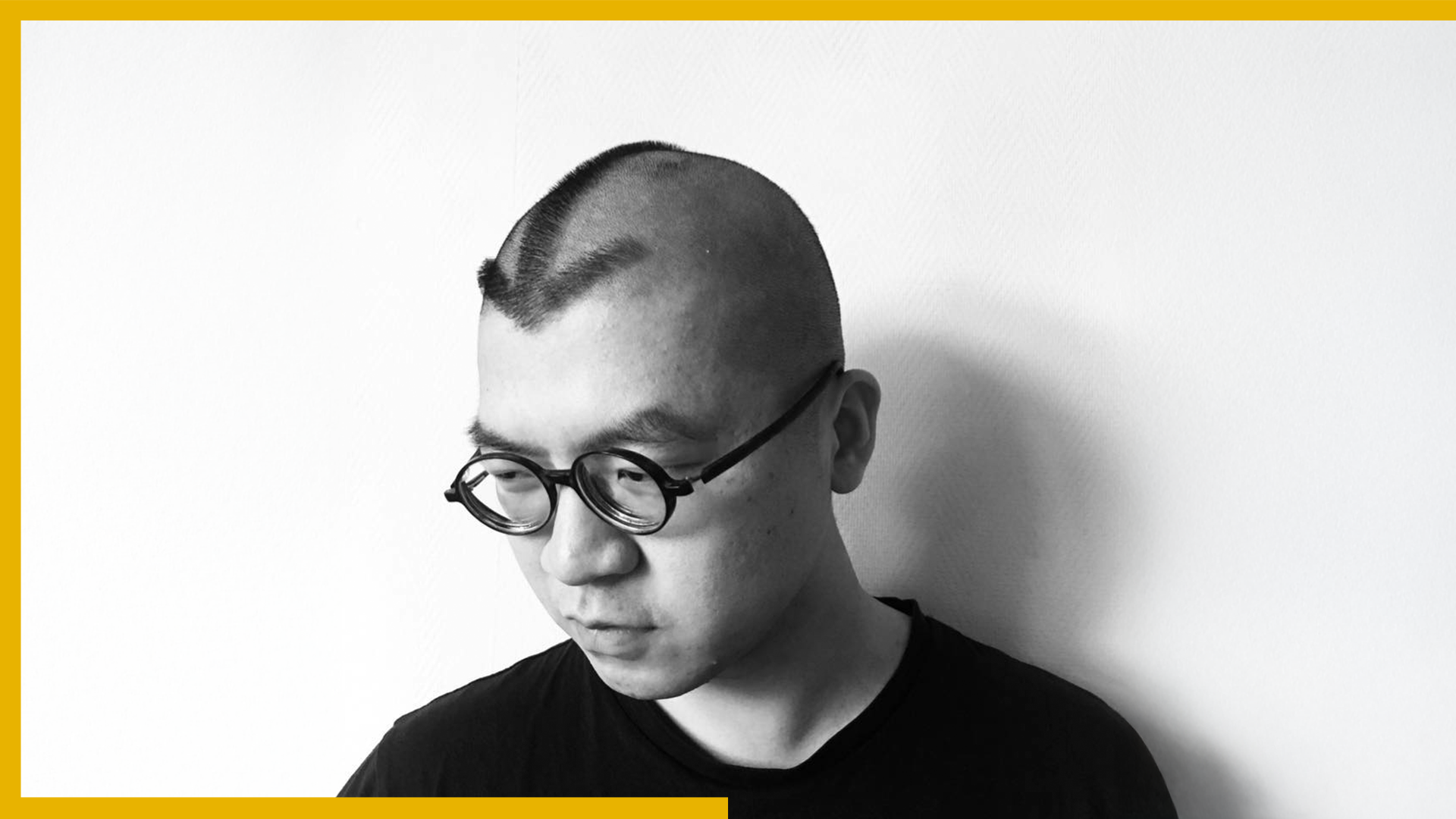
NEXT Facades: a media of storytelling through computational workflows
Facades are like clothing—they don’t just provide protection; they are also a media that expresses identity, attitude, and narrative. At MVRDV NEXT, we explore how façades can go beyond function to become inspiring, interactive, and playful, while remaining sustainable, efficient, and feasible.
Speaker: Yayun Liu – architectural and computational at MVRDV’S R&D unit
In this talk, Yayun will share how computational design plays a pivotal role in balancing storytelling and practicality in façade design process, illustrated through a series of showcase projects.
Yayun Liu (Beijing, 1990) is an architectural and computational designer at MVRDV’s R&D unit, MVRDV NEXT. Since 2017, he has contributed to projects ranging from masterplan (Tencent Campus) and architecture (Taipei Twin Towers, Paris Olympic Aquatic Centre) to award-winning product design (High Profile) and short films (ArtCity, Matrix One Building Circularity). He is also involved in research projects (SolarScape, MVRDV NEXT) and academic activities (From Now to Biotopia, The Why Factory). A graduate of Tsinghua University (CN) and TU Delft (NL), he previously worked in Beijing and Hong Kong, with Liyuan Library as the best-known project.
‘Close the Loop’ circular management game | by Monique Felderman
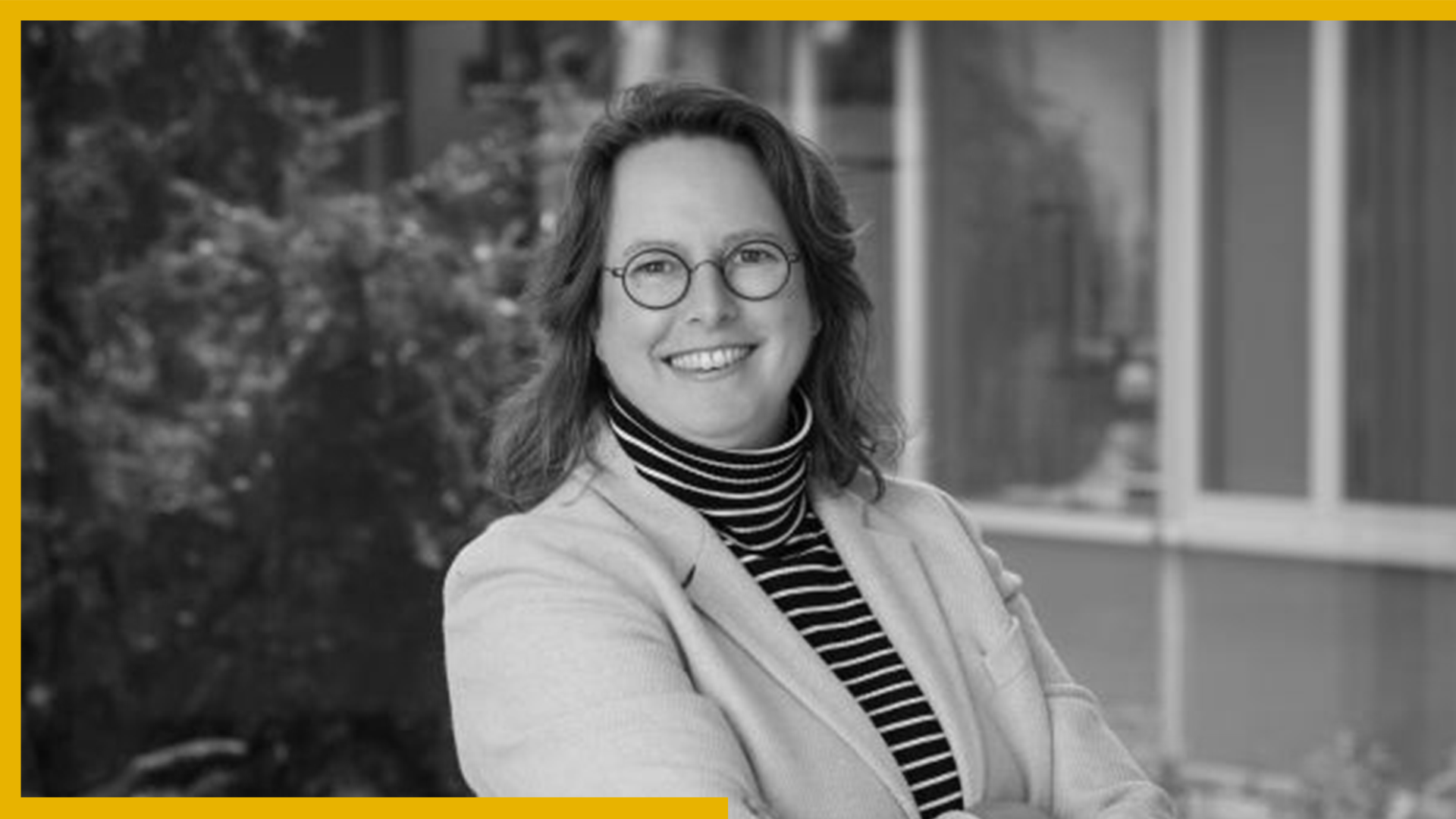
‘Close the Loop’ circular management game | by Monique Felderman
Join ‘Close the Loop’ and experience firsthand the impact of your decisions within a circular value chain. This game, based on research into processes in the Dutch Circular Facade Economy, offers a simplified yet realistic representation of circular choices, roles, and events. Discover how collaboration can make a difference and what effects your choices have on market mechanisms.
Speaker: Monique Fledderman
Monique Fledderman has been active in the fields of innovation, environment, and education for over 20 years in various roles. She is currently the director of the Dutch organisation Circulaire Geveleconomie (circulairegeveleconomie.nl), a growing initiative of 5 industry associations in the façade sector. Companies, ministries, science and experts are closely involved. At the VMRG, she is active in the areas of circularity, life cycle analysis, knowledge transfer, and innovation. To stimulate innovation, she is also the deputy lead for one of the three consortia of the National Growth Fund Program ‘Future-proof Built Environment’ (toekomstbestendigeleefomgeving.nl), a 200 million program.
13:30
From sustainability to climate | by MVDRV
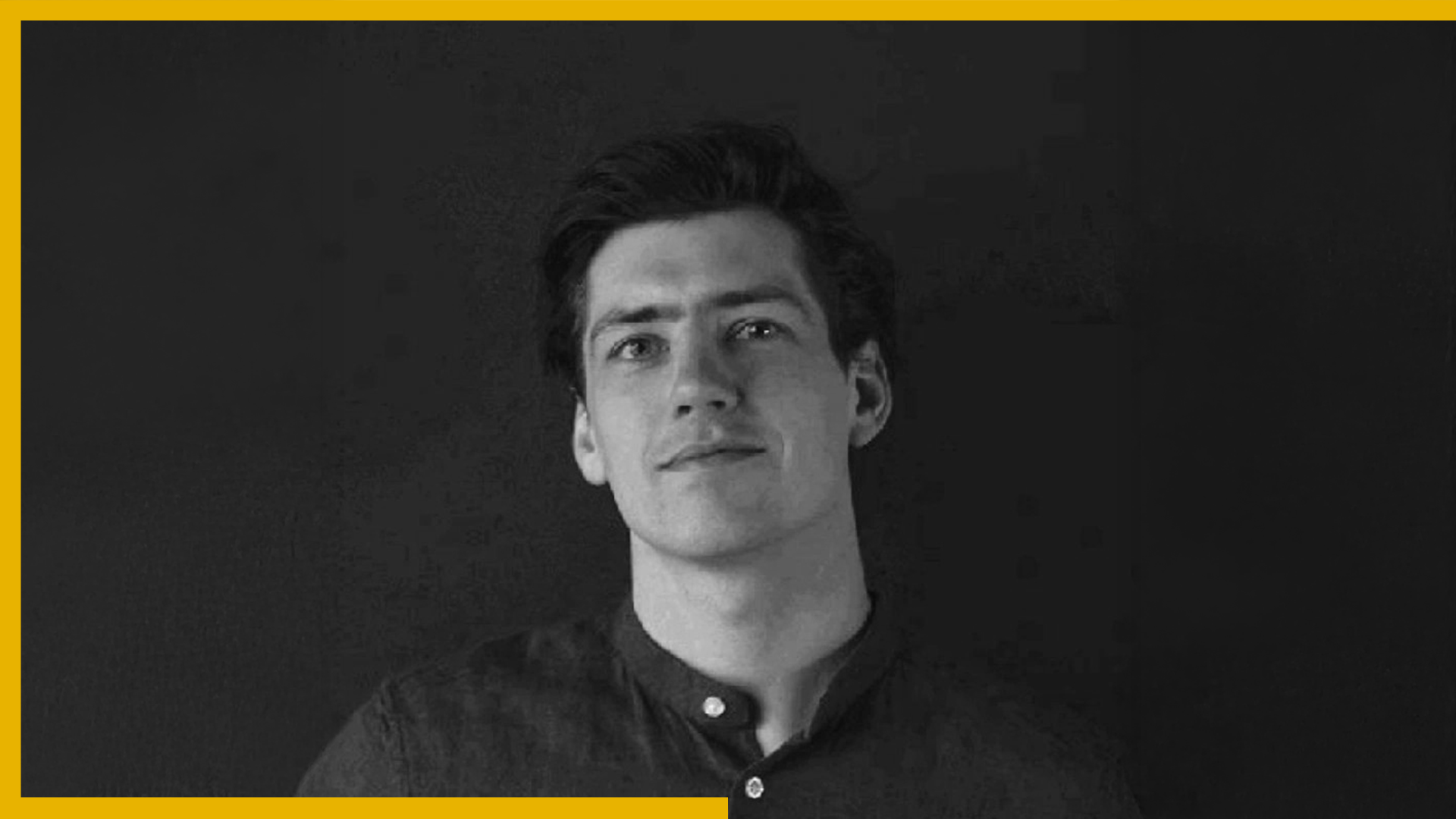
From sustainability to climate | by MVDRV
39% of global green house gasses are emitted by the built environment. How can we as architects use façade design to make an impact? Through case studies at MVRDV and explorative work from MVRDV NEXT we dive into a greener, more sustainable and adventurous future.
Speaker: Boudewijn Thomas – Associate, Climate Lead, and Operational Manager at MVRDV NEXT, the practice’s R&D team.
Thomas currently leads the climate team, focusing on creating measurable, immediate impacts that support MVRDV’s climate goals across its projects.
One of Boudewijn’s standout contributions includes his work on the Valley project in Amsterdam, where he led the automated design of over 40,000 tiles across a 10,000 m² complex façade, achieving remarkable speed, precision, and efficiency.
His career spans international experience at architecture firms in China and New Zealand. Known for his deep expertise, personal approach, and optimism, Boudewijn inspires and empowers others to take meaningful steps toward positive change.
CO2-Negative Facing Bricks – About Circularity, EPD and Technical Details
CO2-Negative Facing Bricks – About Circularity, EPD and Technical Details
Speaker: Dries Beyens – Group Manager Research & Technology at Vandersanden B.V.
Carbon negative facing bricks. What is a CO2-negative facing brick? What about EPD? How easy is processing? You get all the information in a compact presentation. Including the newest opportunities with a dry-stack system.
About Dries Beyens
As a Group Manager Research & Technology Dries constantly works on innovation, sustainability and circularity. Working together with internal & external partners in a crossfunctional team. ‘Out Of The Box’ Thinking with lots of experience in the field of Research and Development.
13:45
Panel discussion: Circular transition in Facade Design and Manufacturing | moderated by Thaleia Konstantinou, assoc. prof. Dr-Ing at TU Delft
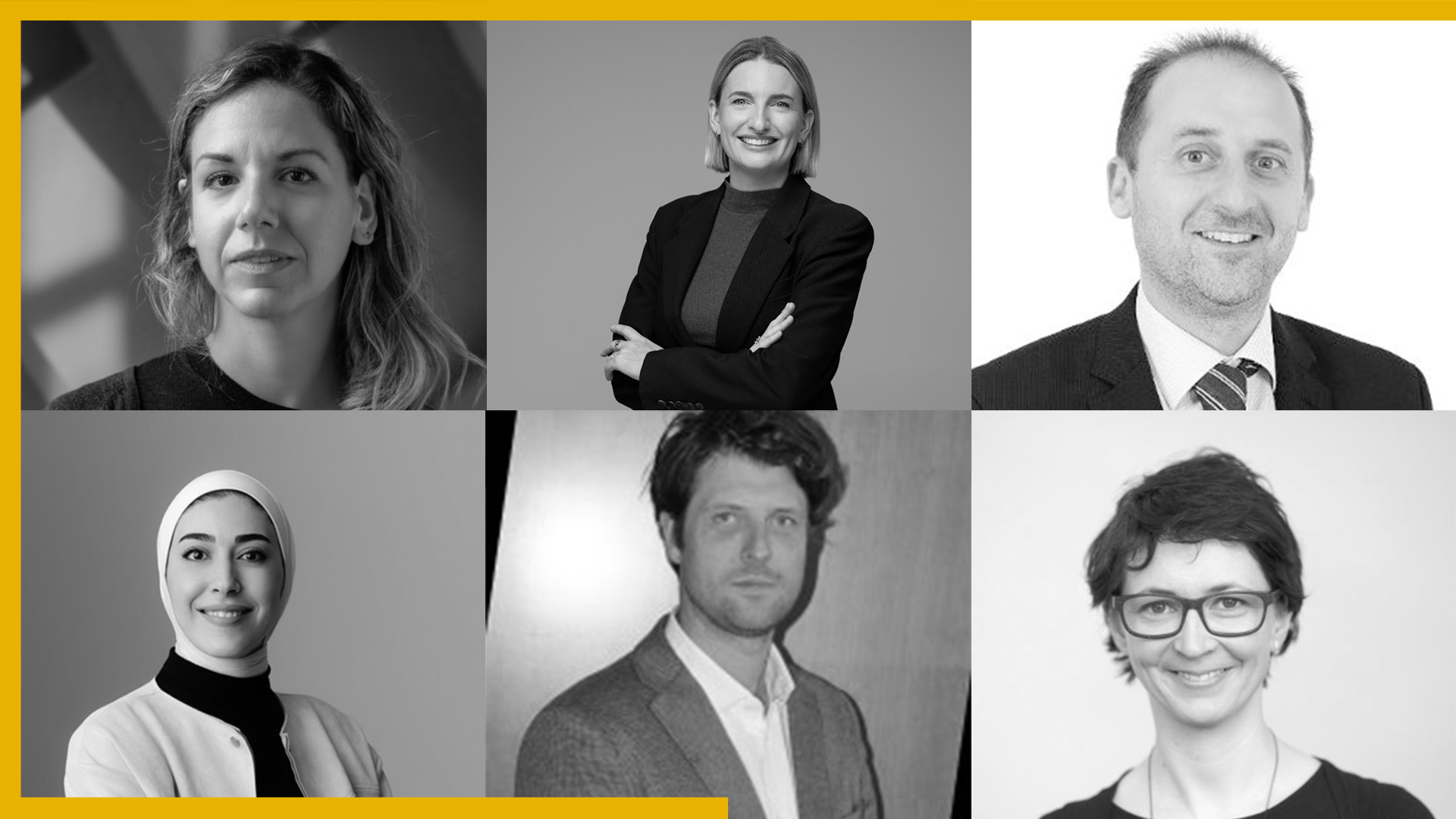
Panel discussion: Circular transition in Facade Design and Manufacturing | moderated by Thaleia Konstantinou, assoc. prof. Dr-Ing at TU Delft
Overcoming Barriers and Unlocking Potential for a Sustainable Future in the Facade Industry
The facade industry plays a crucial role in transitioning towards a Circular Economy (CE), yet significant barriers hinder progress. This session explores how facade designers, engineers, and manufacturers can shift from linear models to circular practices, such as remanufacturing and optimized material cycles. Key topics include collaboration with stakeholders, supply chain complexities, and the need for standardized evaluation methods. We will discuss technological, logistical, and financial barriers while highlighting opportunities for innovation, reverse logistics, and policy support. By addressing these challenges, the industry can unlock the full potential of circular facade design, reducing environmental impact and enhancing long-term sustainability.
Moderator:
- Thaleia Konstantinou, assoc. prof. Dr-Ing at TU Delft
Speakers:
- Laura Craft, Head of Sustainability, Staticus
- Dietmar Bruederl, WICONA Project Service Director, HYDRO Building Systems
- Dima Othman, Facade Engineer and Lead Sustainability at Knippershelbig.
- Hans Jansen, Research and Development Leader at Permasteelisa Group
- Linda Hildebrand, Concular
Click here for the full program, session details and register.
Thaleia Konstantinou
Associate Professor, Architectural Façades & Products (AF&P) Research Group, Faculty of Architecture and The Built Environment, TU Delft
Laura Craft, Head of Sustainability, Staticus
As Head of Sustainability at Staticus, Laura Craft is dedicated to embedding lifecycle sustainability into façade construction processes, addressing the climate crisis and supporting the transition to a circular industry. With over 10 years of international consulting experience and technical training in architecture, façade engineering, and sustainability, she brings a holistic approach to sustainable construction practices. Laura began her career as an architectural engineer specializing in façades and sustainability, successfully delivering numerous high-profile projects across Australasia, East Asia, Europe, and Scandinavia. In her current role, she leads the implementation of Staticus’ sustainability strategy across product development, project delivery, and business operations.
Dietmar Bruederl, WICONA Project Service Director, HYDRO Building Systems
Dietmar Brüderl is a Mechanical Engineer and has held key positions, including Head of HBS Research and Development Center, Head of the WICONA Technical Center, Technical Director of WICONA’s Global Brand Center, and Technical Director of WICONA’s International Project Service. He actively contributes to industry development as a member of the Building Systems Expert Group inside the European Aluminium Association and the technical advisory board of Institut für Fenstertechnik e.V. (ift Rosenheim).
Dima Othman, Facade Engineer and Lead Sustainability at Knippershelbig.
Dima Othman is a Façade Engineer and Sustainability Lead at Knippershelbig Berlin with an M.Eng. in Façade Design and Construction from Technische Hochschule Ostwestfalen-Lippe. She is a DGNB consultant and a LEED AP in building design and construction. Her expertise lies in technical and circular façade design, minimizing embodied carbon emissions and optimizing their impact on operational performance. Previously, she worked at Arup as a Sustainability Consultant, with expertise in Passivhaus and Net Zero Carbon strategies. Dima is actively engaged in research on facade circularity and carbon planning. She has contributed to high-profile projects and panel discussions on climate adaptation.
Hans Jansen, Research and Development Leader at Permasteelisa Group
Hans joined Permasteelisa Group 20 years ago and has worked in various design roles at Scheldebouw. As a lead concept designer he has worked on tendering and executing many projects such as: Headquarters of Booking.com in Amsterdam and Shard Place, IQL S9 and S4, Edge London Bridge in London. Last year he entered his new role as R&D leader at Permasteelisa Group, leading a group of R&D project managers on various topics in facade innovation. He is responsible for developments related to circular design, re-use and refurbishment of facades.
Linda Hildebrand, Concular
Linda Hildebrand, an architect specializing in sustainable construction at c u b e, previously held a professorship for Reuse in Architecture at RWTH Aachen and various guest professorships. She co-founded Concular, a platform promoting reuse in construction, where she serves as an external consultant. Linda coordinates Architects for Future’s group for educators, is part of BBSR’s ZukunftBau expert group, and serves on DGNB’s Environmental and Circular Building committee. She co-leads IW2050’s Circularity Working Group and launched CircuClarity in 2022 with Lisa Rammig to promote climate neutrality and circularity in the glass industry.
14:00
Success factors for international facade design – Talkshow hosted by VMRG
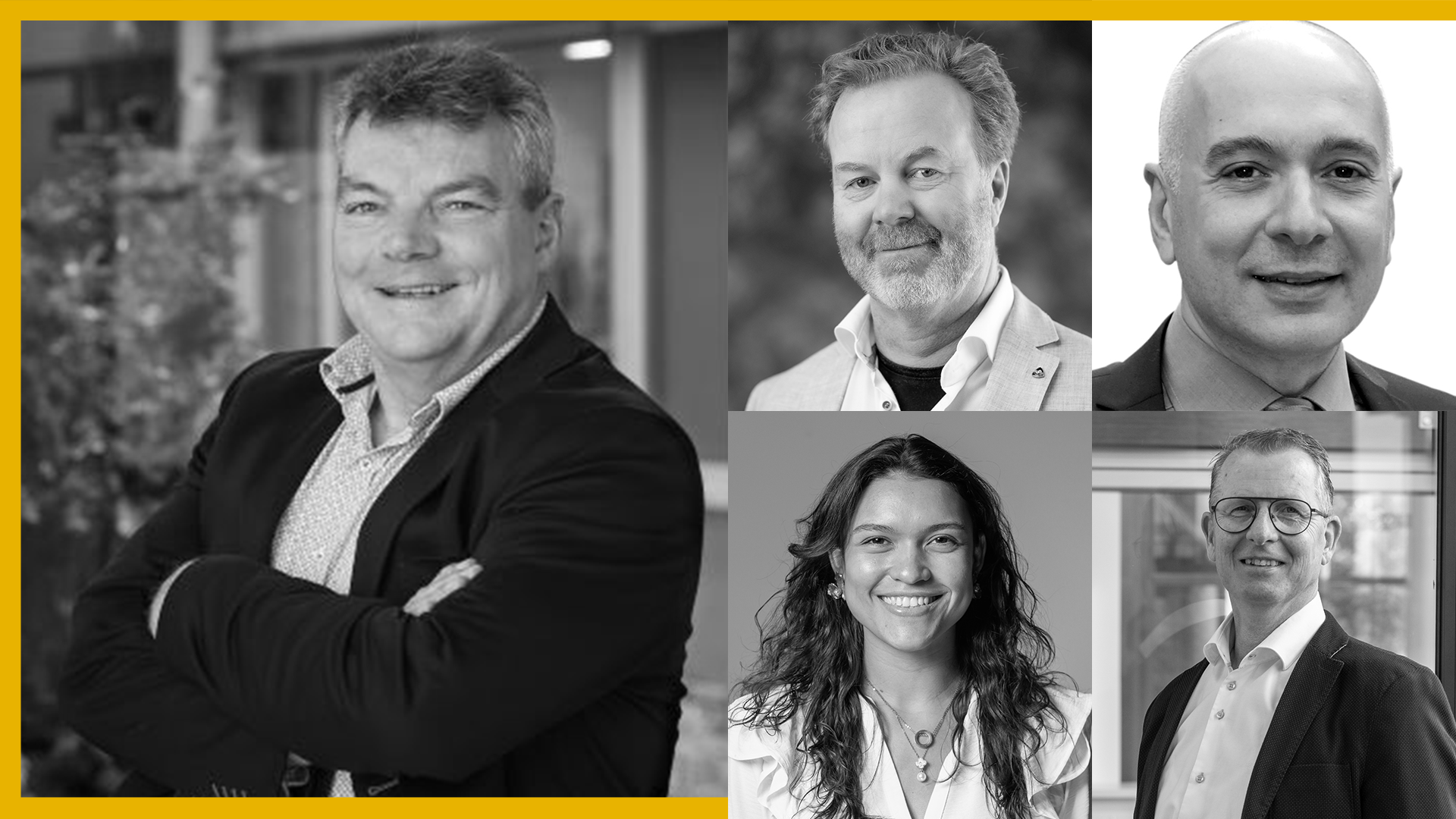
Success factors for international facade design – Talkshow hosted by VMRG
Host: Henk Zoontjens (Director VMRG)
Speakers:
André Jansen (Senior account manager at Solarlux)
Melissa Campos (Sustainable innovations engineer at Aldowa)
Remco Baartmans (CEO at Alumet)
Stephen Tanno (Director of Pre-Constructions Services at Schüco International)
Henk Zoontjens, director of the VMRG, as talk show host, will enter into a discussion with four specialists, each of whom will also make a short presentation on four different themes.
Responding to international façade legislation
Creating space in densely populated areas requires smart solutions that both make the best use of the available space and meet stringent requirements, such as controlling noise pollution. Noise pollution is a major factor in inner-city projects, and it is crucial that façade designs contribute effectively to reducing noise pollution to maintain a pleasant and healthy living environment. However, when comparing the different standards we use in Europe for façade design, many differences stand out. André Jansen, senior account manager at Solarlux, explains how this company deals with this diversity in laws and regulations.
Energy-efficient facade
Energy-saving and even energy-generating facades are the future. In this, there is a wide range of possibilities. Together with partners, Aldowa developed a heat-generating façade. With this technique, buildings can be heated or cooled in an energy-saving way. A model will be on display during Future Facade. Melissa Campos, sustainable innovations engineer at Aldowa, explains how this technique works.
Unique colours and techniques
The facade is a building’s calling card. And one would like to give that business card a completely unique look. But how do you create such unique structures, surfaces and colours that create international icons of modern architecture? Remco Baartmans, CEO at Alumet, demonstrates the beauty and endless possibilities of aluminium facades with gems of projects.
Input of know-how on design table
Using the case study Landspitali Reykjavik, Iceland, Stephen Tanno, Director of Pre-Constructions Services at Schüco International, presents a new way of working with cross-border project teams. Bringing in the right know-how at a very early stage of the design process helps to define design requirements accurately, saving time and costs. The case study further elaborates on the various technical requirements of this project.
Data-driven decisionmaking: From insight to impact | by Robin Lindhout
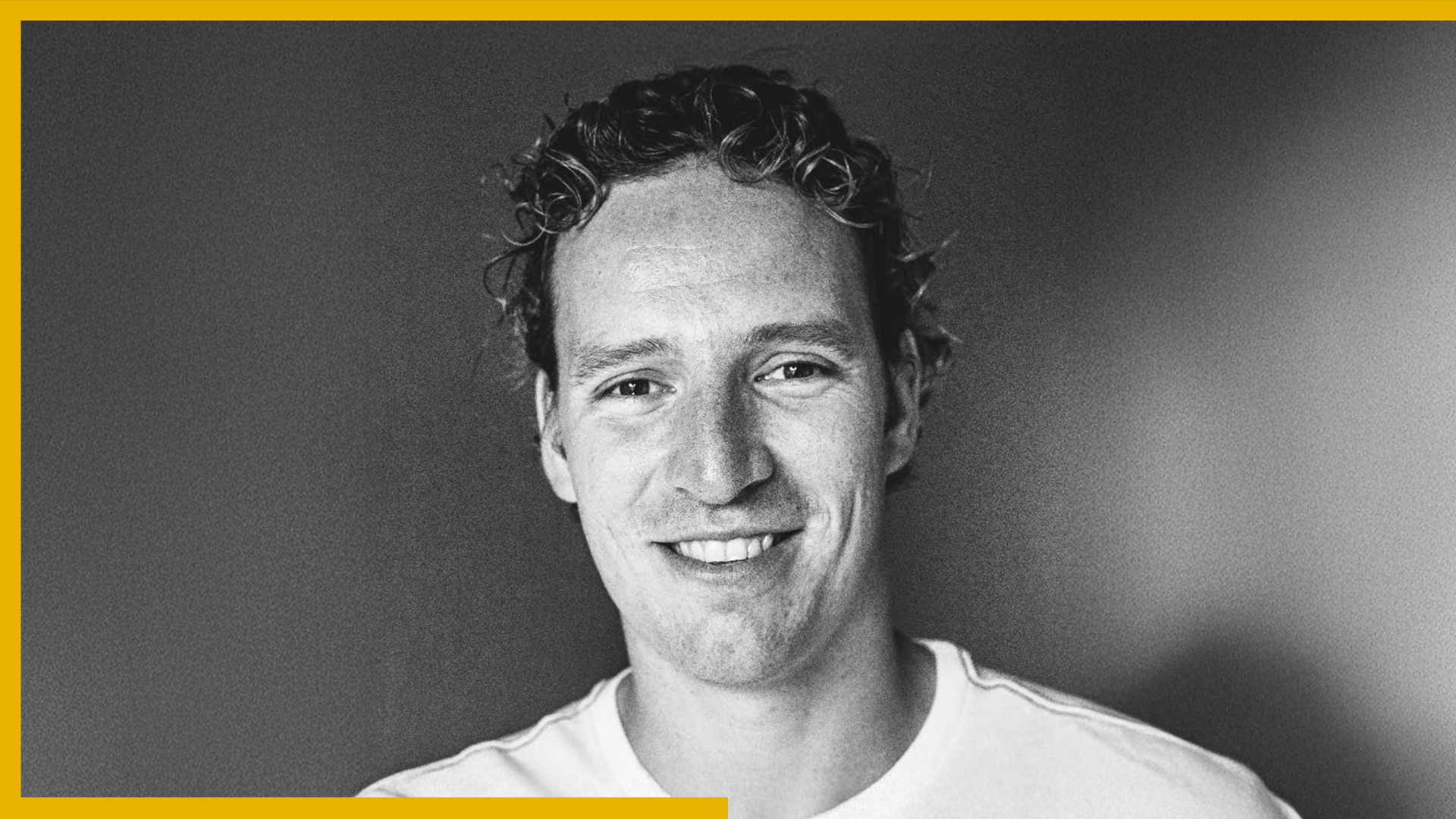
Data-driven decisionmaking: From insight to impact | by Robin Lindhout
To future-proof the construction industry, it’s essential to connect data with real-world decision-making. This session explores how data insights can drive impactful choices — in areas like circularity and low-carbon design. We’ll also highlight the role of platforms such as Madaster: how do they support transparency and compliance, and how do they make reuse potential and value creation visible? At the core, it’s about bridging digital insights with physical application.
Speaker: Robin Lindhout – Accountmanager at Madaster
Robin Lindhout, once a professional water polo player, made the switch to the business world in 2021. Since then, he’s built solid expertise in both the social housing sector and the software industry. Today, he works as a Sales Executive at Madaster Netherlands, where his passion for sustainability and the circular economy drives his role in the growth and adoption of the Madaster platform.
14:15
International Approaches in facade design – How can we improve our European Standards by learning from eachother?
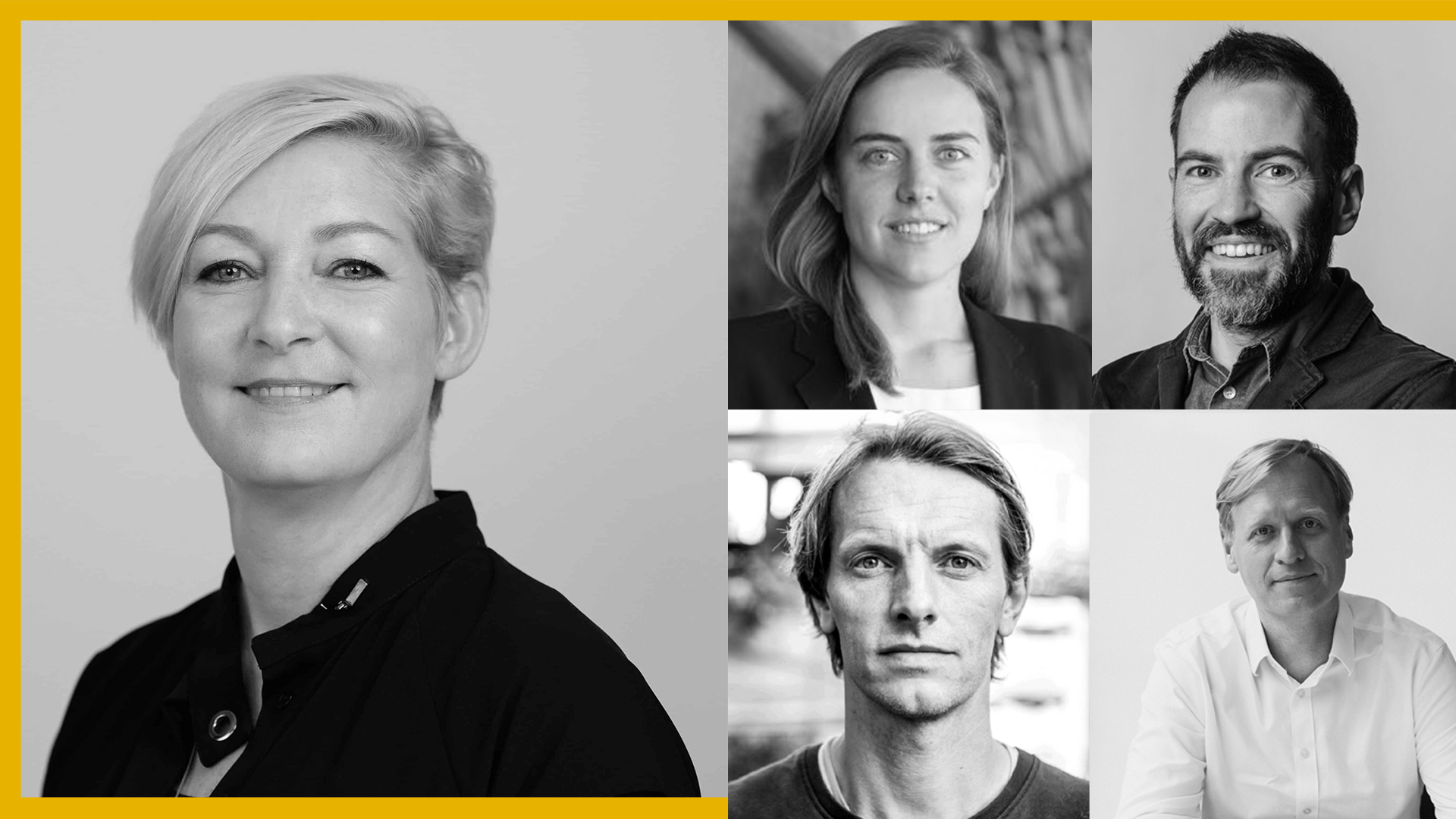
International Approaches in facade design – How can we improve our European Standards by learning from eachother?
In a fast changing world, changes in the build environment will come along automatically. But if we compare the different standards we are using in Europe to design facades, lots of differences do appear.
When it comes to circularity standards, re-used products and the certification needs, fire safety measurements and so on, we all have our own approaches and visions. There is no such thing as a European Building Standard, but what can we learn from all these different approaches? During this session, facade experts from different countries will share their insights, learnings and failures they’ve experienced in international projects and leaded by Aulikki Sonntag, Business Development Manager at Staticus, they will debate what would be necessary to achieve a more equal playing field in Europe for facade designing and engineering.
Host – Aulikki Sonntag
Aulikki Sonntag, Chief Business Development Officer at STATICUS, focuses on the company’s growth strategies. She collaborates with internal and external partners to launch new system and service developments for a sustainable façade business, driven by market demand and response. With extensive technical knowledge and broad international experience in both planning and execution, Aulikki views the building envelope holistically. She thrives on challenging the state-of-the-art by pushing technical limits, while ensuring high quality and best value. Aulikki demonstrates result-driven expertise in implementing innovative technologies and sustainable practices to enhance project efficiency, cost-effectiveness, and environmental impact. She has taught at several international universities, authored diverse publications, and served as a jury member in professional competitions and roundtables.
Speaker 1 – Robert Capel
Capel is currently working as a sales lead for Octatube.
Speaker 2 – Damian Rogan
Damian established Eckersley O’Callaghan’s facade engineering group in 2012 and today leads a team of 30 engineers in London while supporting offices in the US, Hong Kong and Sydney. EOC has built a reputation for design and innovation across structures and facades and is engaged on eye-catching projects around the world. Damian is heavily involved in the practice’s R&D and low-carbon design initiatives and is a member of the CWCT sustainability committee.
Speaker 3 – Thomas Henriksen
Thomas has a Doctorate in Architectural Engineering from TUDelft and over 20 years specialised experience in structural and facade engineering across a range of energy efficient buildings and infrastructure projects worldwide.
Previous roles include Global Facade Leader at Mott MacDonald Ltd, Technical Director at Waagner-Biro Stahlbau AG and Technical Director at Seele Austria GmbH. He was also a Project Manager for ÍAV hf., also known as IPC (Iceland Prime Contractors), and Senior Structural Facade Engineer at Ove Arup Ltd.
Speaker 4 – Sophie Pennetier
Sophie Pennetier is a structural engineer with expertise in façades and sustainability. She founded Digne in 2024 to support manufacturers and non-profits decarbonization in the built environment. Digne projects include glass recycling research and innovation, carbon-informed design and procurement support to manufacturers including Enclos, and other circularity projects.
Her 17 years’ experience spans from consulting (with RFR, GNA, SHoP Construction, Arup) to contracting with Enclos, where she has lead sustainability efforts until 2024.
Adjunct Faculty with SCI-Arc since ‘21, Sophie teaches Structures, Facades Tectonics and Embodied Carbon. Serving on the Board of Directors of the Façade Tectonics Institute, she has developed the FTI Carbon group research and grown its educational content. In 2023 she was awarded, in the individual category, the US Glass Sustainability Award for her contributions to industry research and education.
SOMBRA – An Ode to the Sun – The Making of SOMBRA
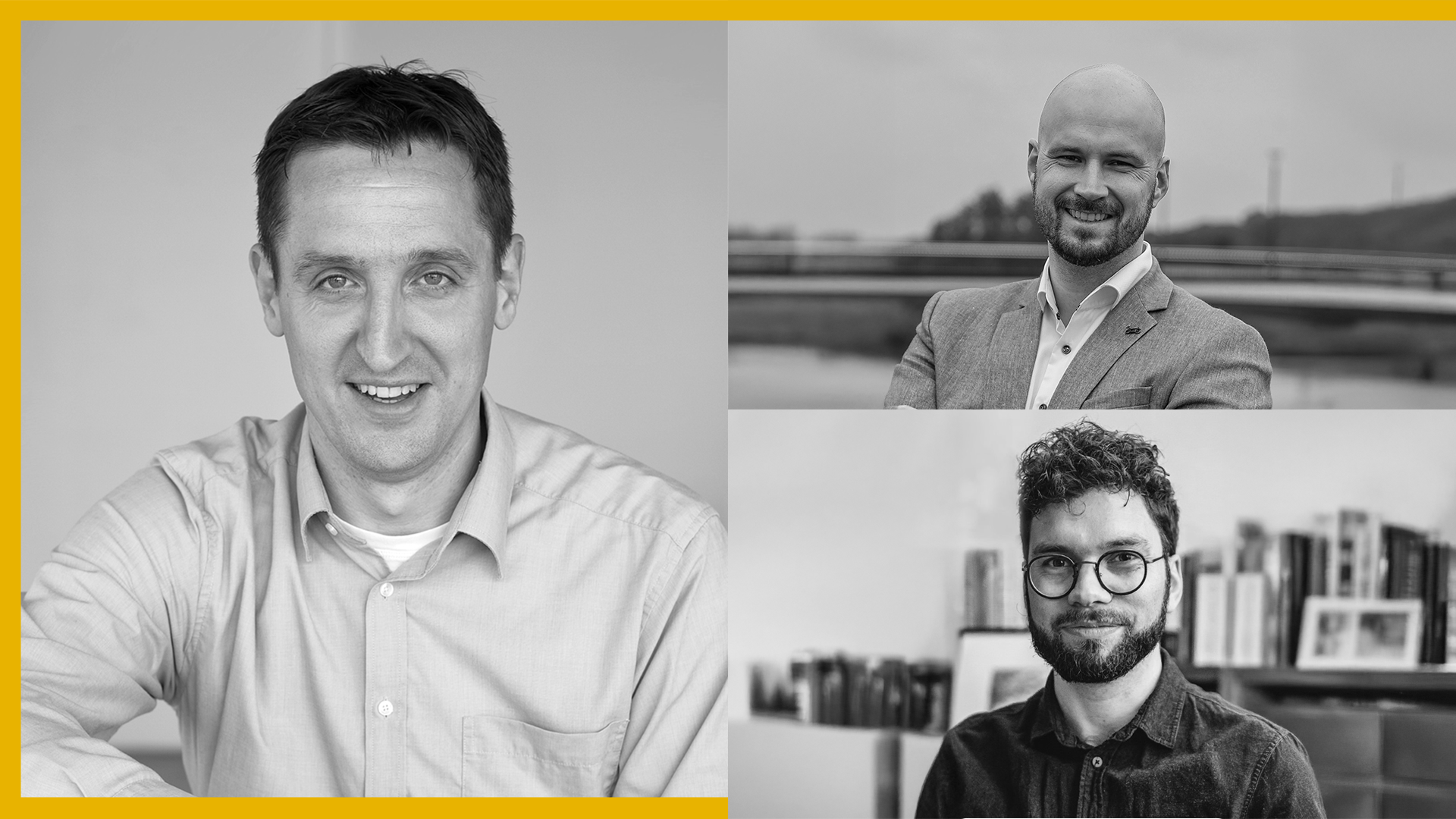
SOMBRA – An Ode to the Sun – The Making of SOMBRA
SOMBRA – An Ode to the Sun – The Making of SOMBRA – Presentation by Metadecor, MVRDV, Alumet, Van Rossum Raadgevend Ingenieurs and Kersten Europe – Its form inspired by the path of the sun around the earth, SOMBRA is carefully designed, engineered, constructed and its surface treated with state of the art engineering and technology, addressing many topics of sustainable architecture.
Speaker 1: Wilco Pelgröm – Metadecor
After gaining a BSc in Civil Engineering and a MSc in Construction Technology, Wilco started working at Ballast Nedam to learn the construction industry. He worked on various large utility construction projects, in which he saw all facets from shell construction to the last finishing details. At a certain point, Wilco felt the desire to specialize more in a specific area, where Metadecor came along quite coincidentally. The principle of specializing in combination with unique projects appealed.
Since starting in 2015 at Metadecor, Wilco was able to build an extensive knowledge of all the ins and outs of projects in the façade industry, which led to his appointment as CEO in 2020. Metadecor is growing company, focused on unique and challenging (and therefore controversial) façades all over the world. As the CEO, Wilco has shown the ability to form strong teams within the company and in collaborations with renowned international partners, to further the growth and development of not only the people and the company, but the knowledge about sustainable, innovative façades as well.
Speaker 2: Gijs Rikken – MVRDV
Associate Design Director and Architect, Gijs Rikken (NL), joined MVRDV in 2007 after completing his Master of Architecture at the Eindhoven University of Technology. As Design Director for Studio 8, he drives design direction for the development and execution of a wide variety of projects in the Netherlands and abroad, ranging from large-scale, complex buildings to detailed innovative materials research. Rikken’s core strengths lie in the translation of the brief into a design underpinned by intrinsic MVRDV values. His technical background influences his fascination for materials and (innovative) materials research, which he applies to support the office’s theoretical ambitions.
Rikken is currently responsible for the development and construction of Valley, a 75,000m2 mixed- use building in Amsterdam, which boasts three residential, green-covered towers and a publicly accessible, vertical park. Other key projects include the Glass Farm in Schijndel, The Crystal Houses in Amsterdam, and the Balancing Barn in Suffolk, England. Definitive works consist of the winning design for the Urban Hybrid in Emmen, the Coral Tower in Sydney, and the Theater aan de Parade in Den Bosch.
Speaker 3: Jaap Heemskerk – Metadecor
Jaap is a BSc in Mechanical Engineering and a technical draftsman at Metadecor, where he details facade designs to the last bolt and panel corner. Apart from the ‘usual’ façade systems Metadecor, Jaap has been working on innovative combinations of solar and greenwall design and the development of responsive faade systems. With his background in mechanical engineering, he focuses on the technical efficiency while co-creating stunning architectural designs.
Speaker 4: Bram Top – Kersten Group
Bram started as a field sales representative at Kersten in 2013 after finishing his bachelor education in Industrial Management. With the combination of both technical and commercial topics in his bachelor, Bram started with a steady base to embark on a career in the construction industry. In his first years at Kersten, Bram collaborated with existing customers and found new clientele for a wide spread of products and projects.
Recently, Bram has been specializing in bent and machined products for architectural applications in steel and aluminium. With the experience of more than a decade at Kersten, Bram is your go-to-guy when it comes to architectural projects with bent shapes.
Speaker 5: Remco Baartmans – Alumet
Remco Baartmans is the director and owner of Alumet, a family-owned company based in Etten-Leur, the Netherlands. Since taking over the company, he has transformed Alumet into an innovative market leader in the anodizing industry. His vision focuses on sustainable product development and creating unique finishes that inspire architects worldwide.
Founded in 1967 by Remco’s grandfather, Alumet originally started with the production of aluminum hair combs. Under Remco’s leadership, the company has evolved into a specialist in anodized aluminum for architectural cladding and design projects. With a broad range of colors and finishes, Alumet has distinguished itself in the international market, contributing to prestigious projects such as the Philharmonie in Paris and the Oman Across Ages Museum.
In 2019, Remco invested €12 million in a fully automated anodizing line to meet growing demand and ensure the highest quality standards. His commitment to innovation led to another milestone in 2024: a €1 million investment in the production of Double Anodized panels under the Panelox brand. This strategic move expands the possibilities of anodizing, providing architects and designers with even more creative freedom.
Beyond aesthetic advancements, Remco also focuses on functional anodizing technologies. One key example is AluGuard, a next-generation anodized coating that offers enhanced protection and durability. AluGuard combines the aesthetic benefits of anodizing with exceptional resistance to wear, corrosion, and chemical exposure. This makes it ideal for extreme environments and a major focus for Alumet’s future developments.
Remco’s expertise extends beyond Alumet itself. For over ten years, he has been an active member of Qualanod, serving on both the Technical Committee and the Executive Committee. In this role, he contributes to setting global quality standards for anodized aluminum in architecture. His involvement in Qualanod underscores not only his deep knowledge of the anodizing process but also his commitment to innovation and ensuring the highest industry standards.
Sustainability remains a core value for Remco. He actively promotes environmentally friendly production processes and aims for a minimal ecological footprint within Alumet. Under his leadership, the company continues to evolve, maintaining a strong focus on innovation, quality, and the future of anodizing in architecture.
SOMBRA – An Ode to the Sun – Non-electric dynamic sun shading?
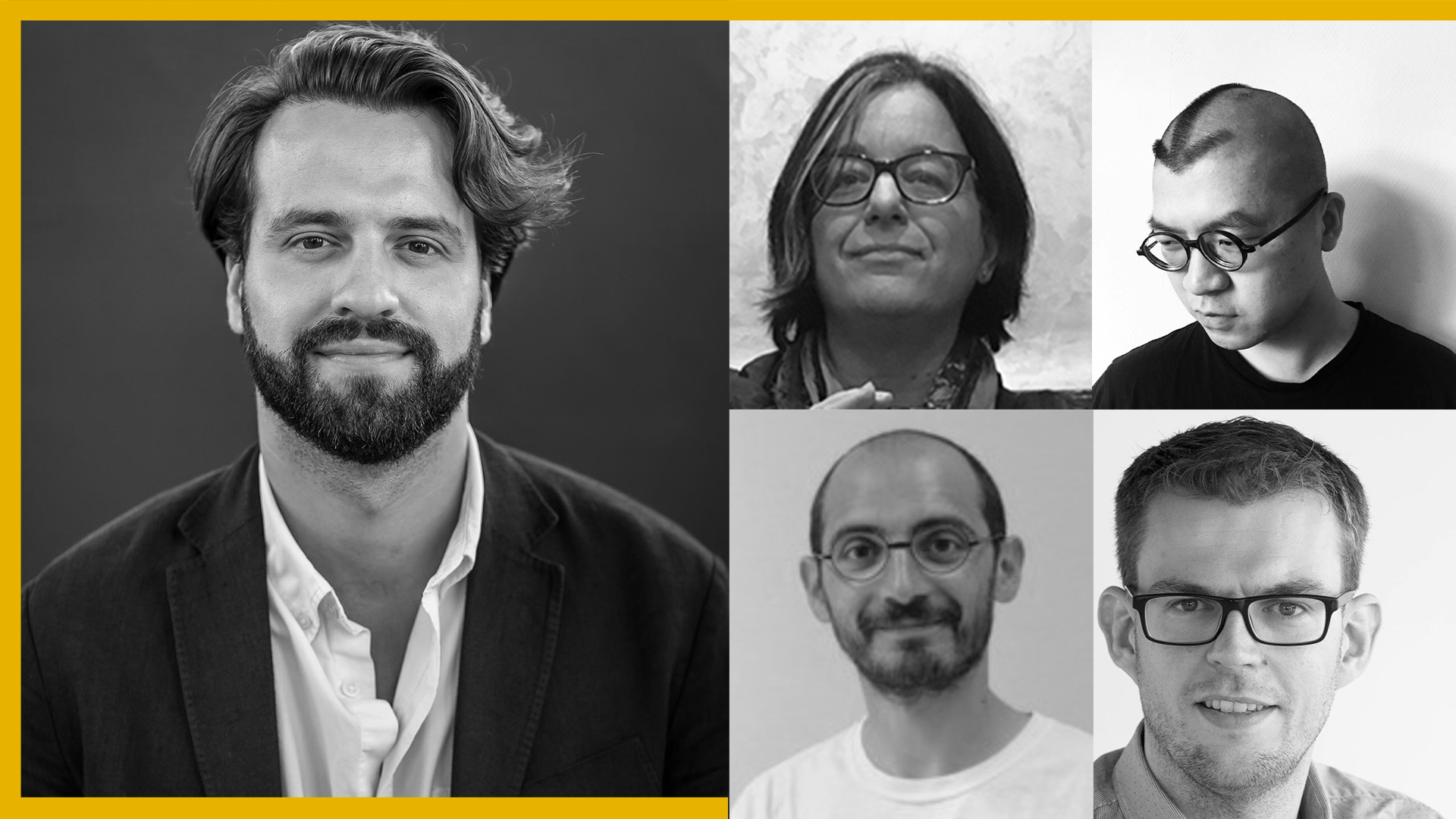
SOMBRA – An Ode to the Sun – Non-electric dynamic sun shading?
SOMBRA – An Ode to the Sun – Non-electric dynamic sun shading – Presentation by Metadecor, Airshade Technologies, MVRDV, ARUP and AMOLF Institute – Inspired by the sun and new technology, the design of SOMBRA incorporates a new concept for non-electric dynamic sun shading, using soft robotics technology and a lot of common sense.
SPEAKERS
Caroline Kruit – Metadecor
Caroline works as International Business Developer for Metadecor, a full-service façade company that co-designs, engineers, manufactures and constructs unique architectural facades and ceilings. She teaches ‘Research Methodology & Academic Writing’ at the Academy of Architecture in Arnhem and lectures about sustainable architecture and façade engineering at international events.
Caroline studied structural engineering at Delft University of Technology (faculty of Civil Engineering) and Journalism (HvU, Utrecht). For over twenty years Caroline has been writing (researching, talking and teaching) about architecture, building technology, sustainability and circular design. In 2023, Caroline collaborated on the Masdar City Airshade Prototype in Abu Dhabi.
Nikola Znaor – Airshade Technologies
Nikola is the founder of Airshade Technologies, an R&D effort spanning over 10 years that has led to the patenting of the world’s first passive shading system actuator. This groundbreaking technology harnesses air expansion under the heat of the sun to move façade elements without the need for electronics. Airshade is currently being co-developed with ARUP, MVRDV, Metadecor, and the AMOLF Institute for a project set to be exhibited at the Venice Architecture Biennale.
Nikola studied architecture at the Academy of Fine Arts in Vienna. He is a practicing licensed architect with offices registered in Amsterdam and Zagreb. His work has been exhibited worldwide and has received numerous prestigious awards, including the Holcim Awards and the James Dyson Award. Most recently, the Airshade Masdar City Prototype was recognized as “Innovation of the Year” by the Society of Façade Engineering (SFE) in London.
Yayun Liu – MVRDV
Yayun is an architectural and computational designer. Since joining MVRDV in 2017, the array of projects to which he has contributed span large-scale masterplans such as Tencent Campus to individual buildings such as the Taipei Twin Towers and the Paris Olympic Aquatic Centre. His work also extends to award-winning product design, including High Profile, as well as short films such as ArtCity and Matrix One Building Circularity.
Beyond practice, Yayun actively engages in research, notably SolarScape (MVRDV NEXT), and academic activities such as the design studio From Now to Biotopia (The Why Factory, TU Delft). Prior to MVRDV, Yayun studied at Tsinghua University (CN) and TU Delft (NL), and worked as an architect in Beijing and Hong Kong, contributing to projects including the renowned Liyuan Library.
Martin Eslo – Metadecor
After finishing his master Architecture at the TU Delft, Martin worked as an urban architect and planner on project of different scales all over the Netherlands. After a while, he became more and more interested in the technical side of designing. To gain more knowledge on that, Martin studied Mechanical Engineering at TU Eindhoven.
Following a technical design position at a production facility, Martin went on to combine architectural and technical design as design leader at Metadecor. At Metadecor he works on façade projects in the Netherlands and far abroad. As part of the team that realized SOMBRA, he was responsible for the project management and technical design.
Sergio Picella – AMOLF Institute
Sergio Picella is a PhD student at the Soft Robotic Matter Group at AMOLF in Amsterdam and the Dynamics and Control Group at TU Eindhoven. After completing his BSc in Physics in Italy, he moved to Utrecht University to pursue an MSc in Experimental Physics, focusing on Complex Systems.
His current research centers on developing design rules for autonomous soft robots by exploring solutions in control, energy management, and actuation in an electronics-free paradigm. Through his work, Sergio proposes that merging principles from soft robotics with traditional engineering can morph everyday systems into dynamic entities capable of energy autonomy and pre-programmed responses. This vision also extends to the built environment, where integrating soft robotic solutions into facade design could yield building envelopes that adapt to changing conditions.
15:00
Omni-shell by WilkinsonEyre, ARUP and Scheldebouw: A new low-carbon based design concept that enhances overall building performance and sustainability
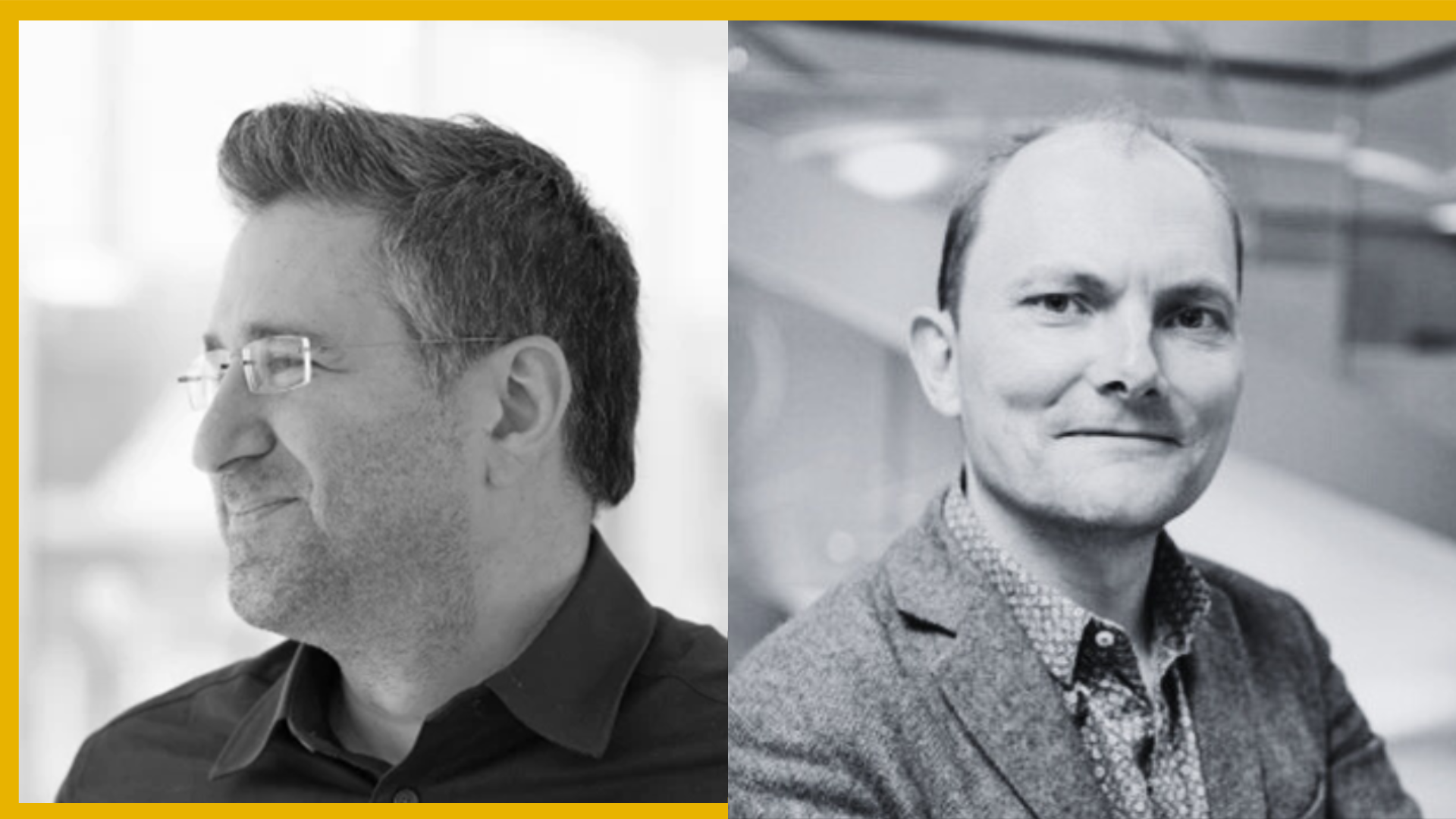
Omni-shell by WilkinsonEyre, ARUP and Scheldebouw: A new low-carbon based design concept that enhances overall building performance and sustainability
This new design concept recognises that climate change is more negatively impacted by carbon produced in the immediate future; than that produced over the proceeding years. As a result, our team have prioritised reducing carbon emissions now as our primary conceptual driver.
We believe that the façade of the future should be one that makes a holistic contribution to the built environment and building system. As a result, we have developed our concept as a positive addition to the building’s structural and performative systems. Current façade systems are burdened with an inherent material and performative redundancy; the climate crisis is calling on us all to do more with less, where each element of the façade needs to work harder as part of the whole system to respond to the challenge. Learn more about this new and innovative design concept during this lecture!
Speaker 1: Ayman El HIBRI – Director at WilkinsonEyre
Ayman El HIBRI has over 20 years of experience in architecture, specialising in commercial high-rise, mixed-use buildings and environmental design. He has a proven track record in designing and delivering complex projects, including 8 Bishopsgate, WilkinsonEyre’s tallest building in London and a notable addition to the City’s Eastern Cluster.
He was the project architect for 8 Finsbury Circus, located in London’s historic centre. The design of this project incorporates a contemporary style that harmonises with its historic surroundings.
Ayman’s primary interest lies in parametric design and its application in architecture, integrating this expertise with sustainable systems and methodologies. He holds a master’s degree in environmental design and plays a pivotal role in WilkinsonEyre’s Sustainability Group, which sets the practice’s strategy and standards, ensuring office projects meet high sustainability and environmental criteria.
Speaker 2: Jonathan Wilson – Director at ARUP
Jonathan is a Director at Arup in the London façade engineer team. He oversees some of the most prestigious façade projects at Arup. He has a proven track record of directing teams on large single and multi-plot developments having particular focus on design led high-end commercial and residential developments as well as international projects. He is considered a trusted advisor for his commercial and technical expertise by developers and architects alike. Jonathan is an ambassador for Arup’s push towards net zero as the facade plays a significant role in terms of whole life carbon, both embodied and operational. He and his colleagues are at the forefront of reducing the impact of carbon emissions from new and refurbished facades projects as well as the impact on other elements of the building. Being a champion of this approach over the last few years has enabled Arup to be an industry leader in crucial area. As well as project delivery and design, Jonathan has pushed initiatives such as the international ‘Facades of the Future’ competition. Where many internationally renowned architects teamed up with Arup teams and developed creative entries the competition, of which, WilkinsonEyre were the ultimate winners.
The dark arts of anodizing, the solutions of Alumet
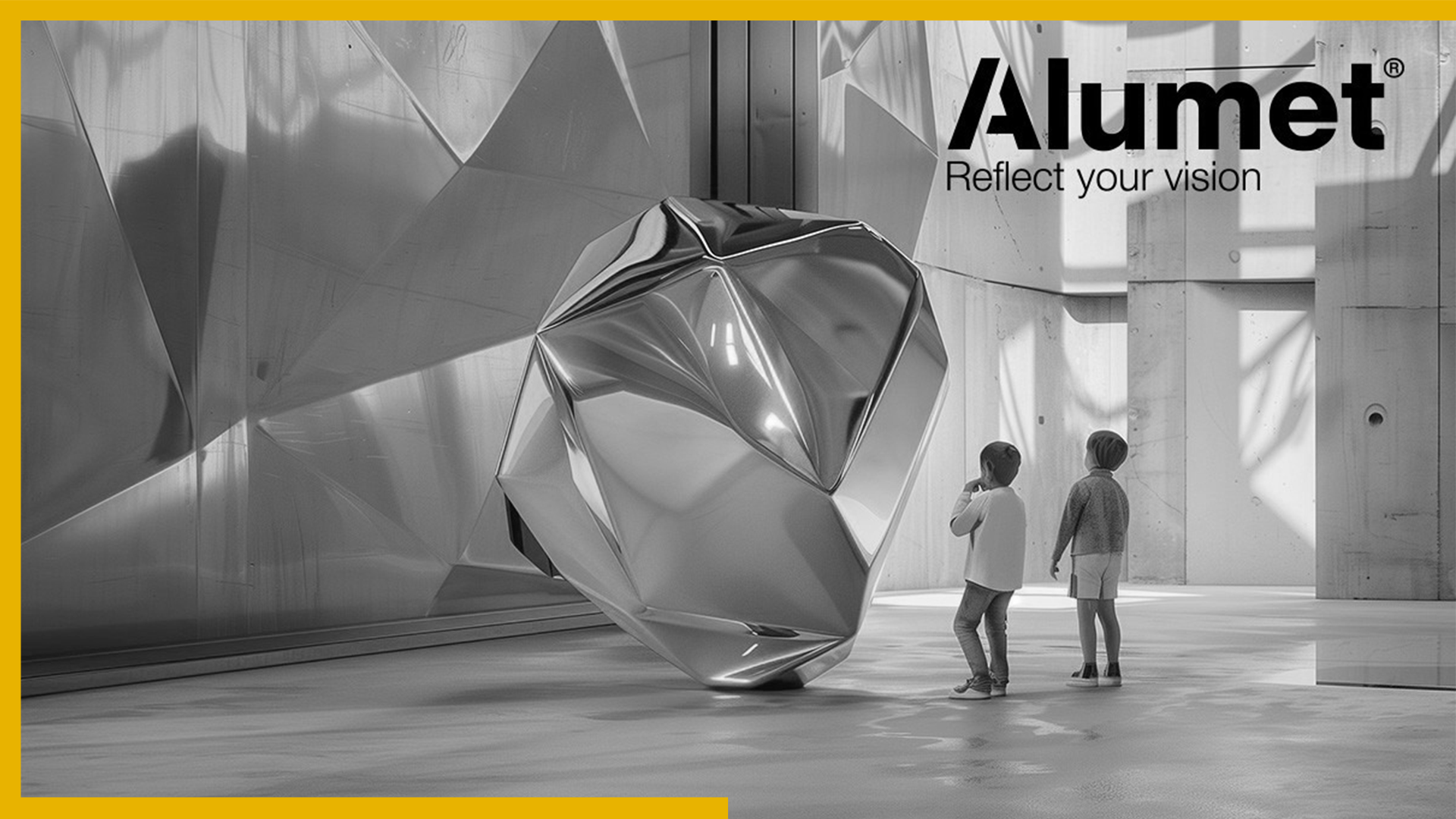
The dark arts of anodizing, the solutions of Alumet
This session provides an in-depth look at anodizing as a surface treatment for aluminum. We will cover the fundamental principles of the process, its environmental advantages, and how it alters material properties without adding layers or coatings. Particular attention will be given to durability, color stability, and corrosion resistance in demanding environments. The session aims to give architects, designers, and engineers a better understanding of anodizing’s practical applications and long-term performance.
‘CO2-Negative Facing Bricks – About Circularity, EPD and Technical Details’ by Dries Beyens
‘CO2-Negative Facing Bricks – About Circularity, EPD and Technical Details’ by Dries Beyens
Speaker: Dries Beyens – Group Manager Research & Technology at Vandersanden B.V.
Carbon negative facing bricks. What is a CO2-negative facing brick? What about EPD? How easy is processing? You get all the information in a compact presentation. Including the newest opportunities with a dry-stack system.
About Dries Beyens
As a Group Manager Research & Technology Dries constantly works on innovation, sustainability and circularity. Working together with internal & external partners in a crossfunctional team. ‘Out Of The Box’ Thinking with lots of experience in the field of Research and Development.
15:15
Circularity in facades – Even small scale actions in projects can create big impact!
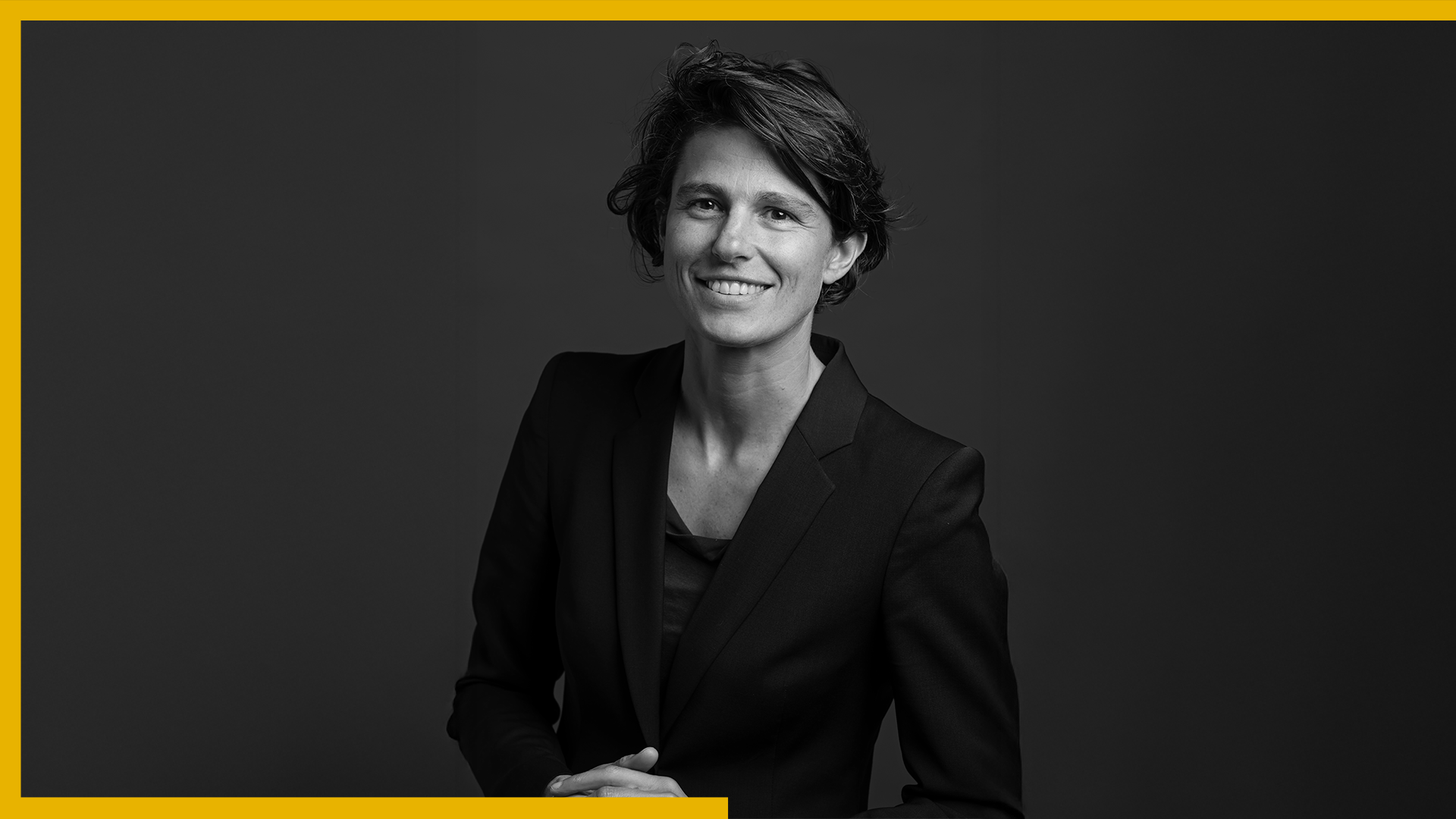
Circularity in facades – Even small scale actions in projects can create big impact!
During this inspirational keynote session, Caro van de Venne, Founding partner of new-made firm NUDUS, zooms in on 3 different reference cases she is currently working on in Rotterdam, The Hague and Amsterdam.
All of these projects have their own character, but on different levels they all try to achieve a circular façade. Within these multi-disciplinary projects, Caro will share her vision on how to make an circular impact, even on a smaller scale.
Speaker: Caro van de Venne – Founding Partner NUDUS
Caro van de Venne is the founder of NUDUS. As a partner architect, she is renowned for her expertise in managing integrated projects, where her leadership and innovative strategies play a central role. Caro’s strength lies in her ability to merge advanced designs with viable technical solutions.She stands out in coordinating multidisciplinary projects, emphasizing the importance of collaboration between specialists, clients, and end-users to achieve high-quality design outcomes. Caro’s approach not only focuses on aesthetic and functional excellence but also incorporates sustainable practices, demonstrating her commitment to responsible and impactful architecture.
Low Tech – High Nature | by David Cook
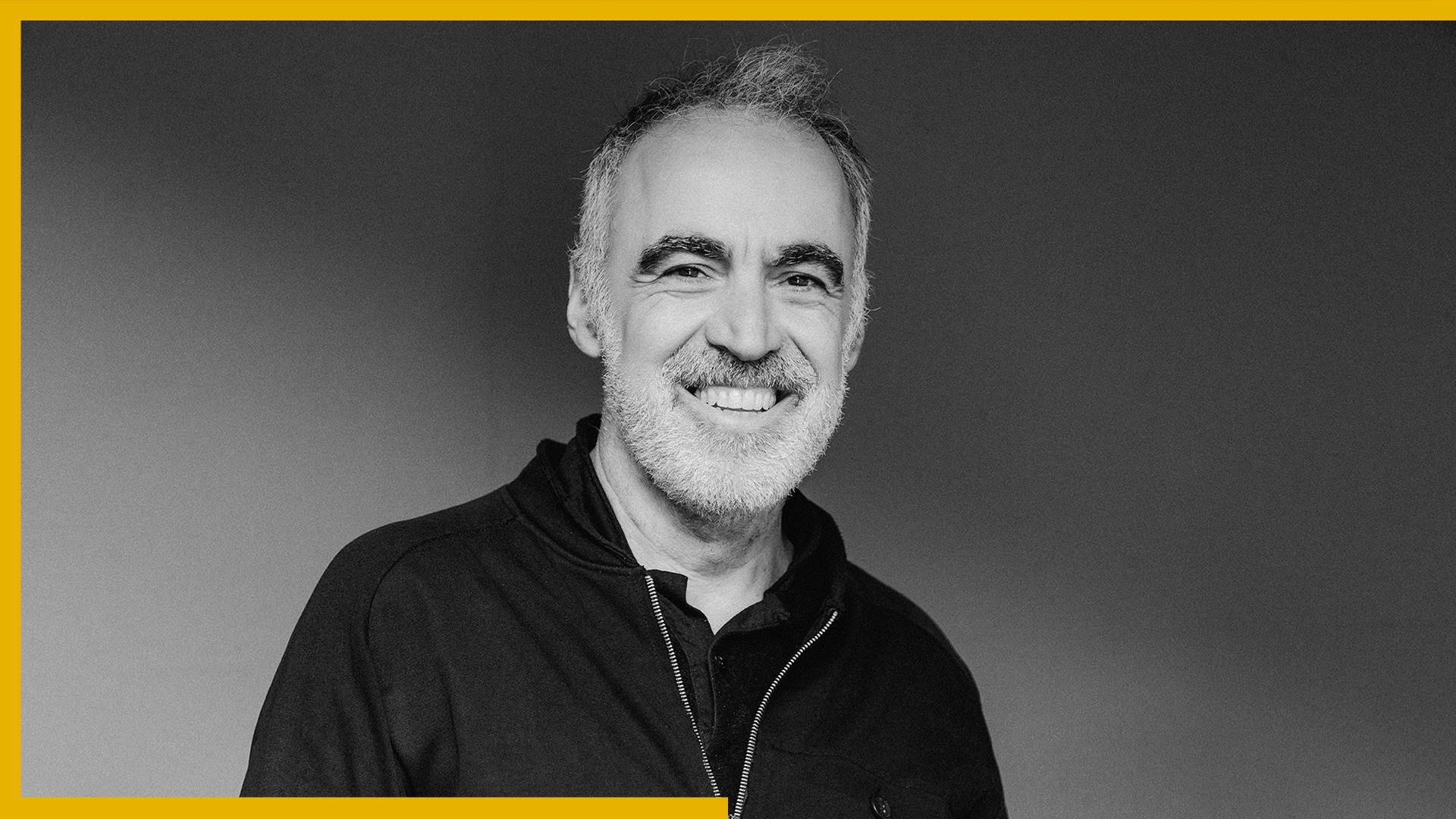
Low Tech – High Nature | by David Cook
The current debate about a responsible quality of life shows a fundamental change in our society that goes beyond the issues of environmental protection and the climate crisis. In Germany, the operation of the building still takes centre stage. Sustainability is often reduced to efficient system technology. Instead of highly complex technical systems that are very costly to coordinate and maintain, we should rather think about the ‘intelligent’ use of carefully selected materials and endeavour to avoid technical solutions in the first instance. The aim must be to simplify our buildings in general with a focus on long-term utilisation. First and foremost, we must succeed in creating a material-appropriate, microclimatically optimised building that is as resource-neutral as possible and avoids a large proportion of grey energy from the outset. Renewable, preferably local and recyclable building materials retain their long-term energy potential in subsequent use and should form the basis for assessing whether a building measure makes sense.